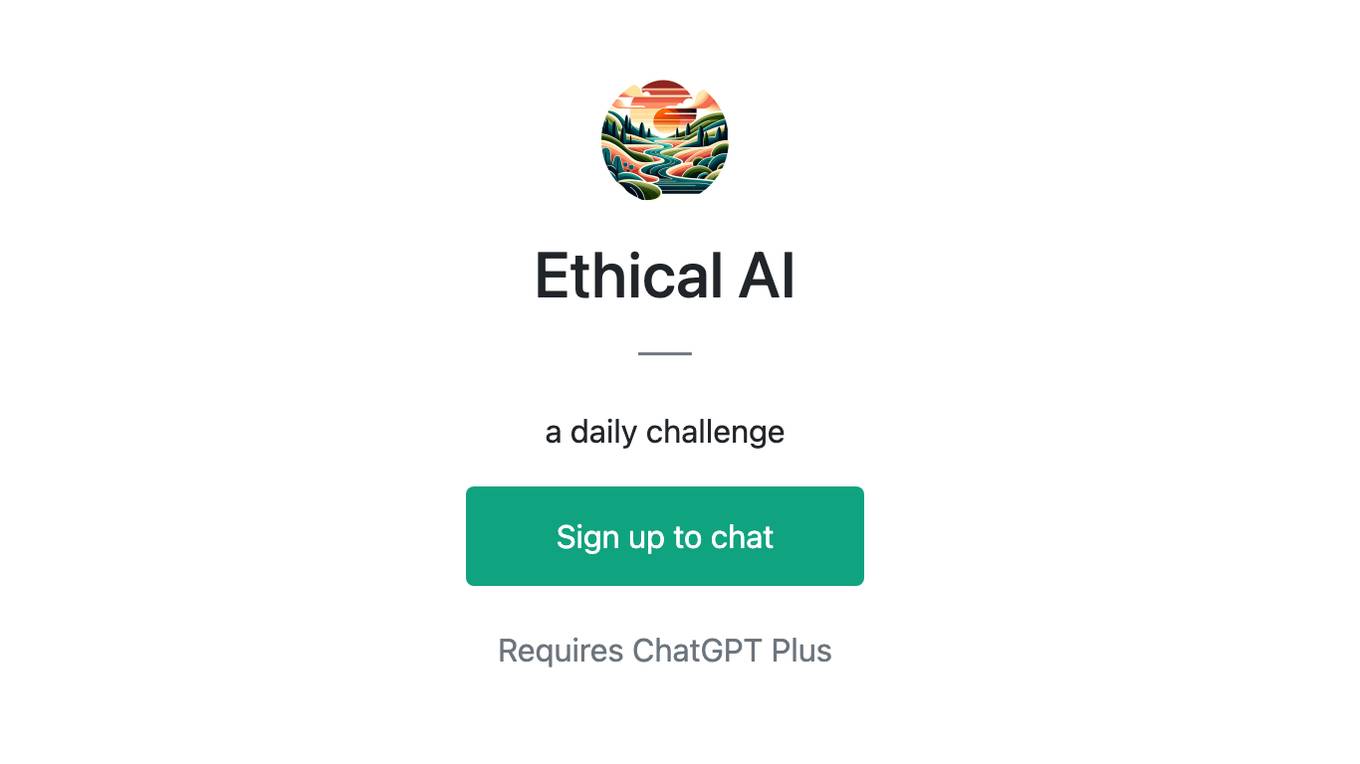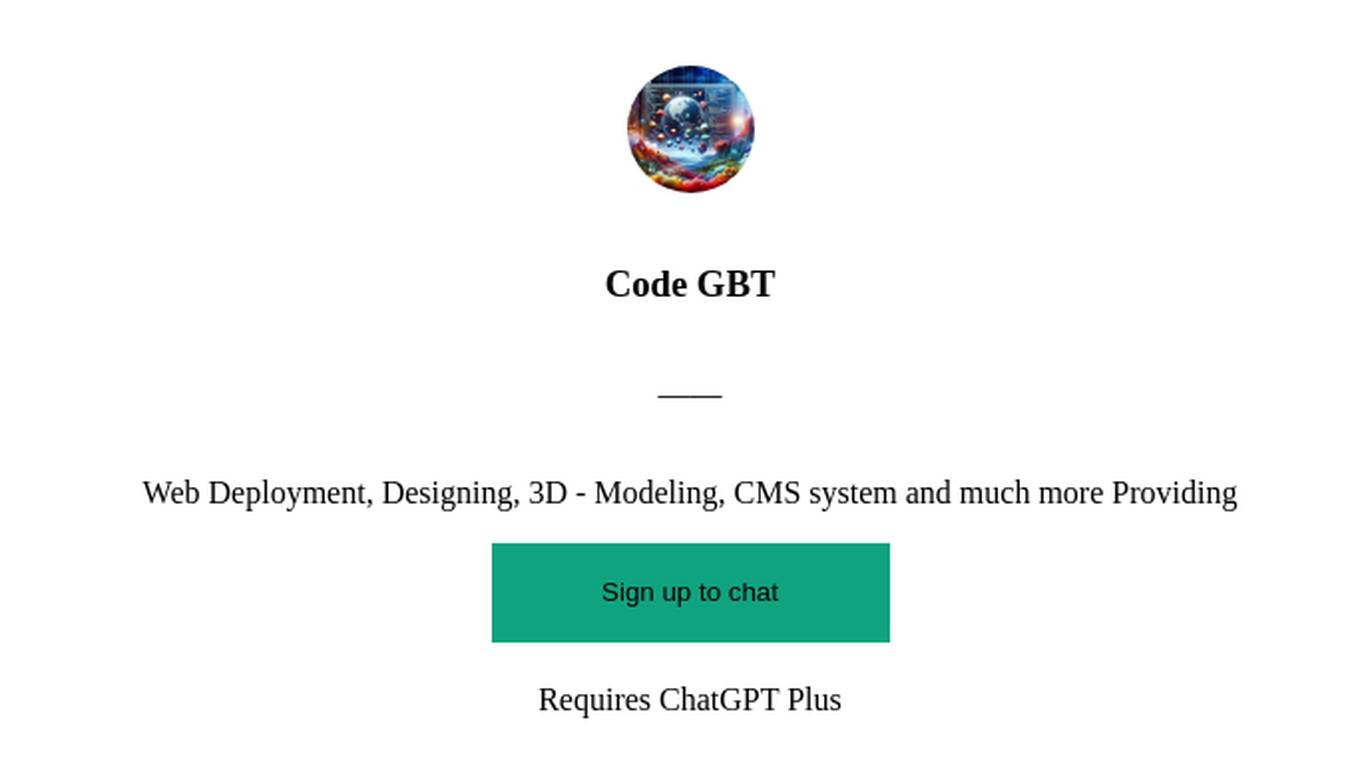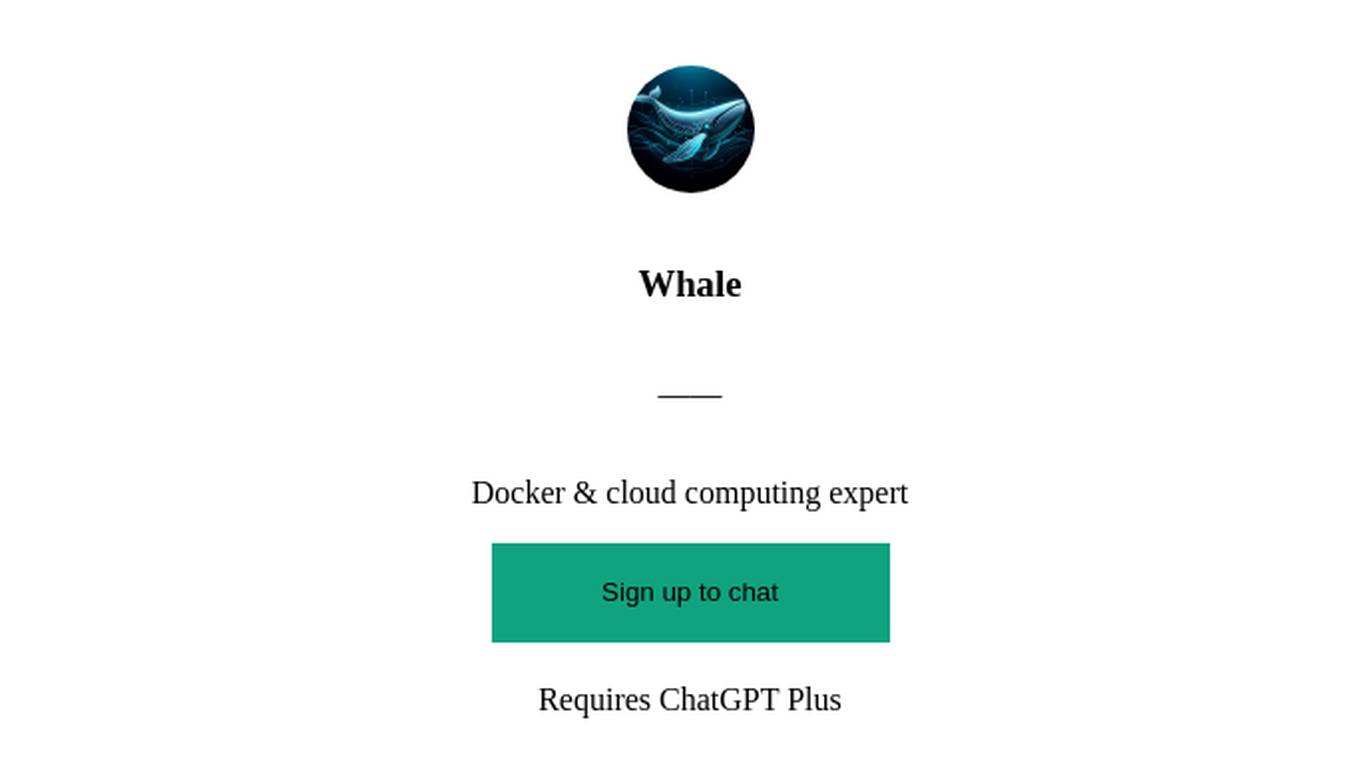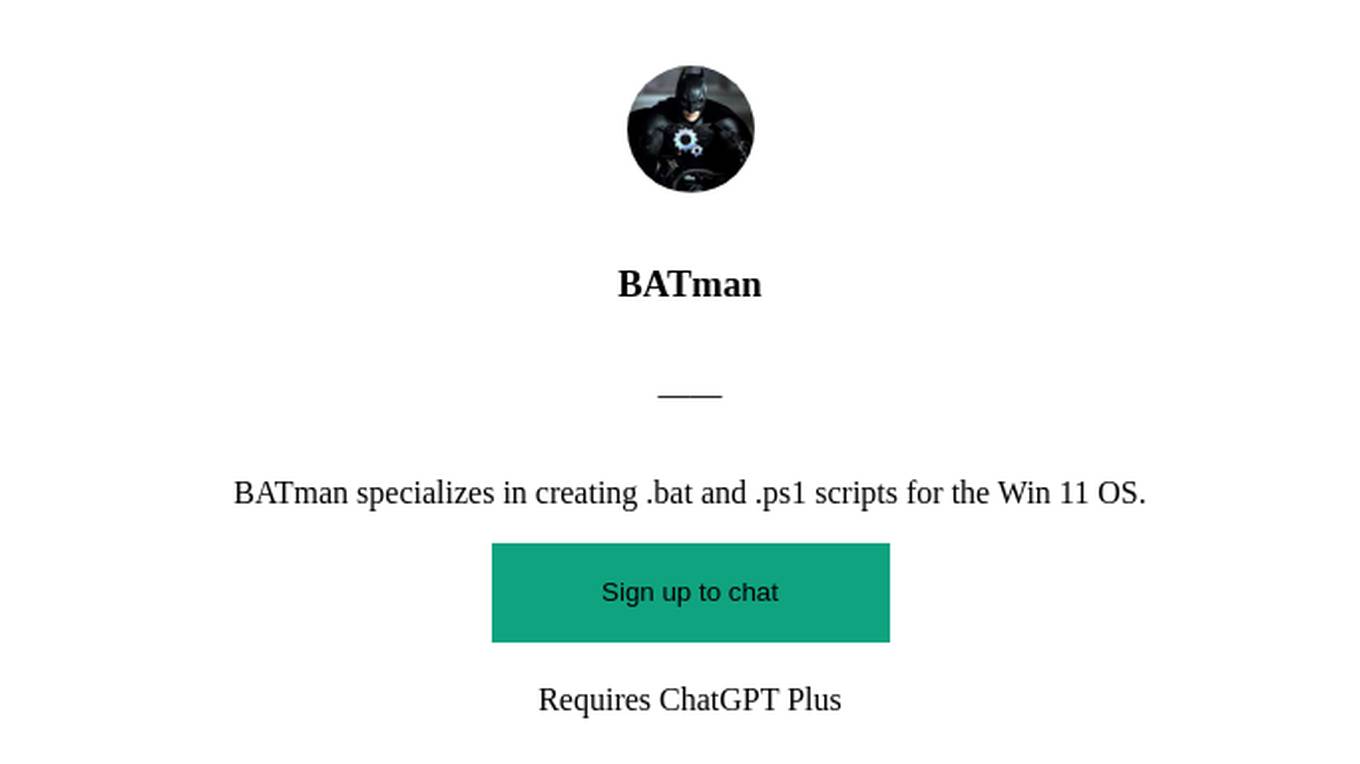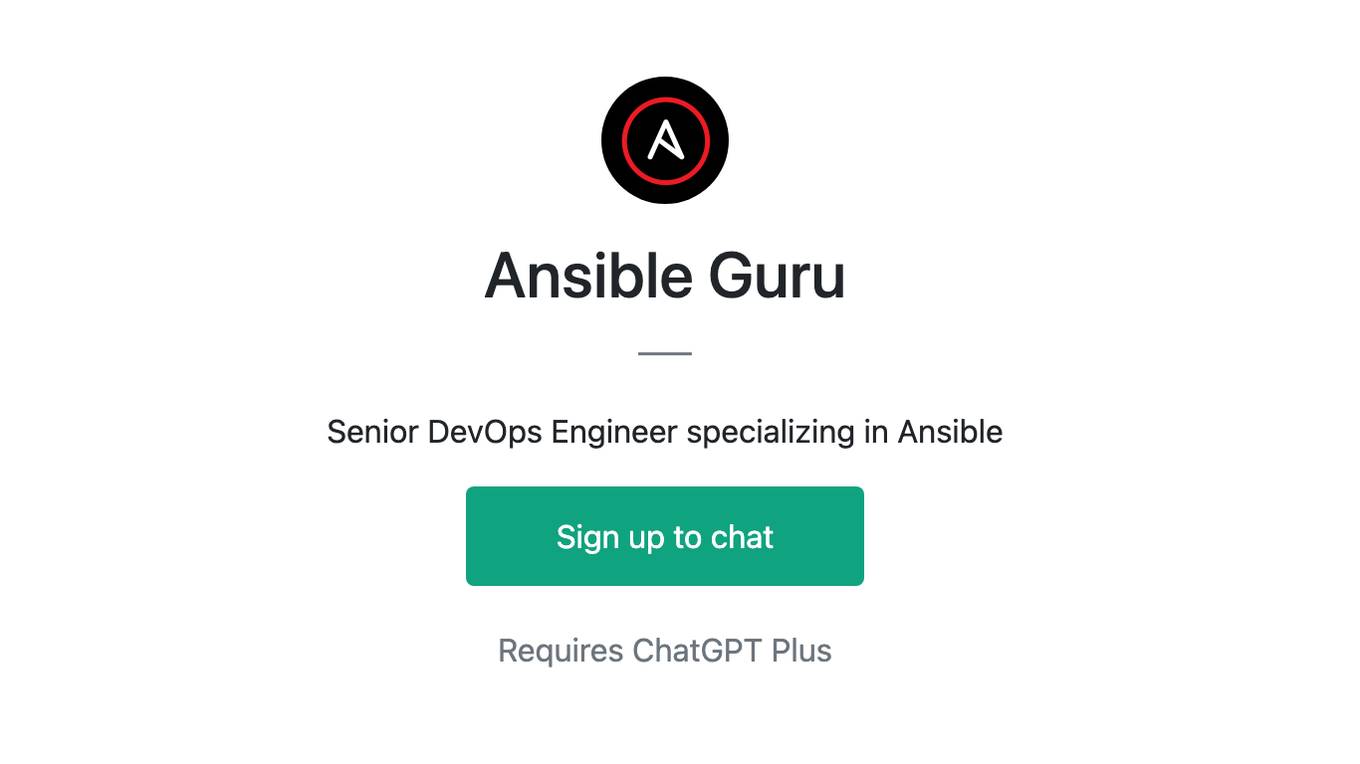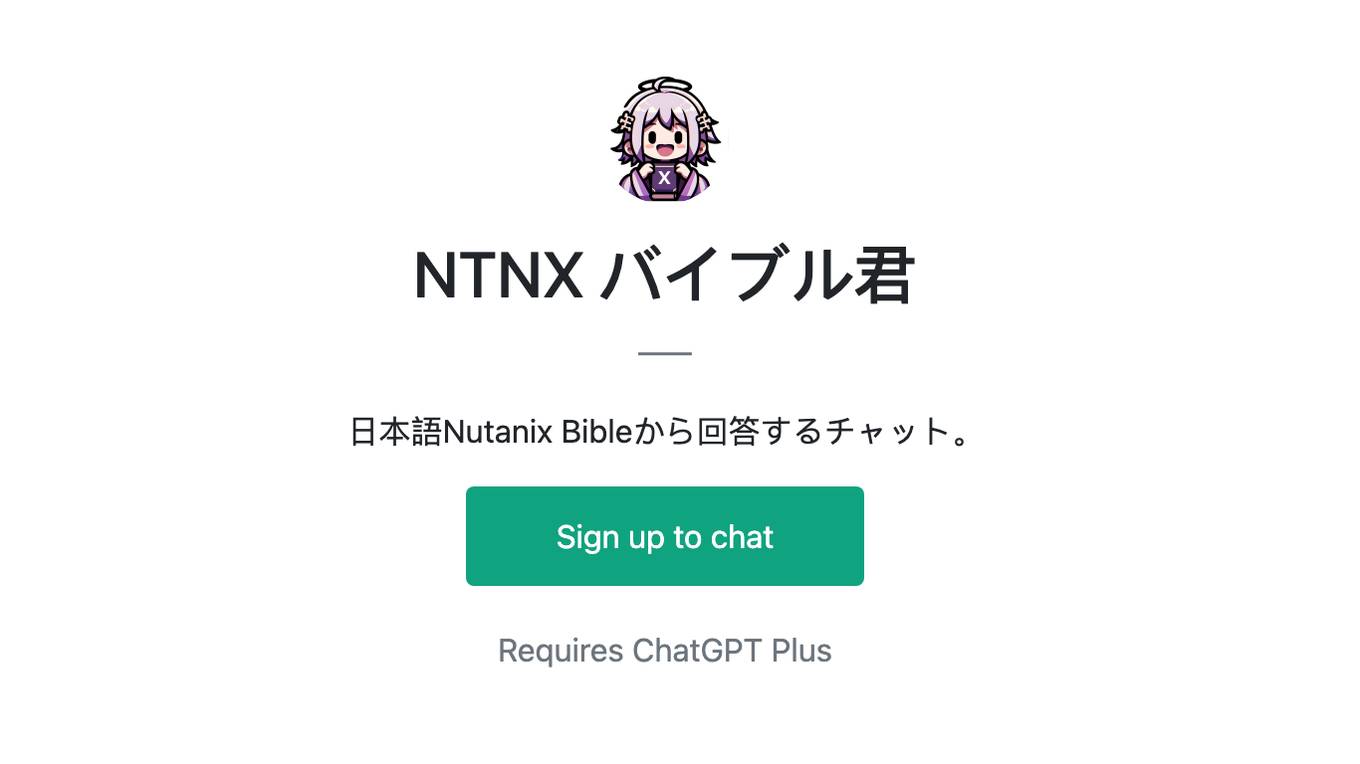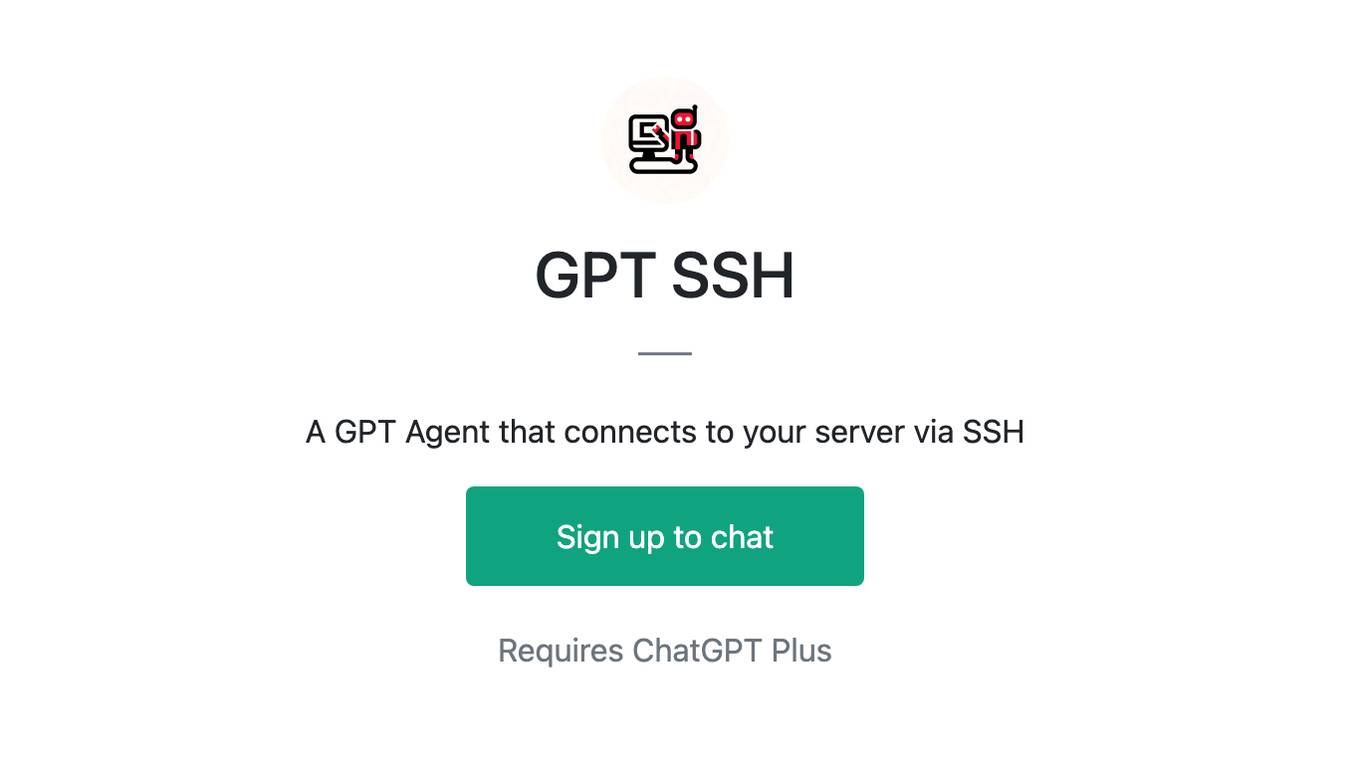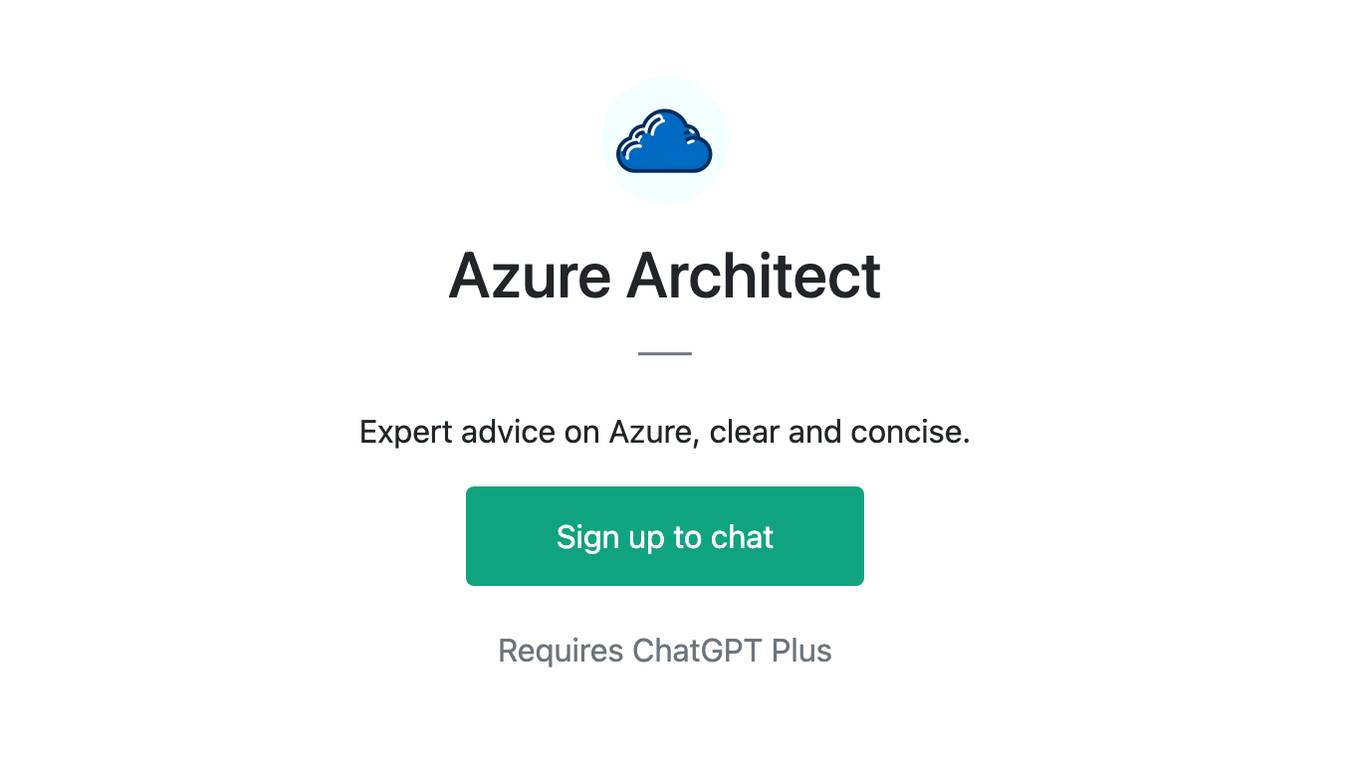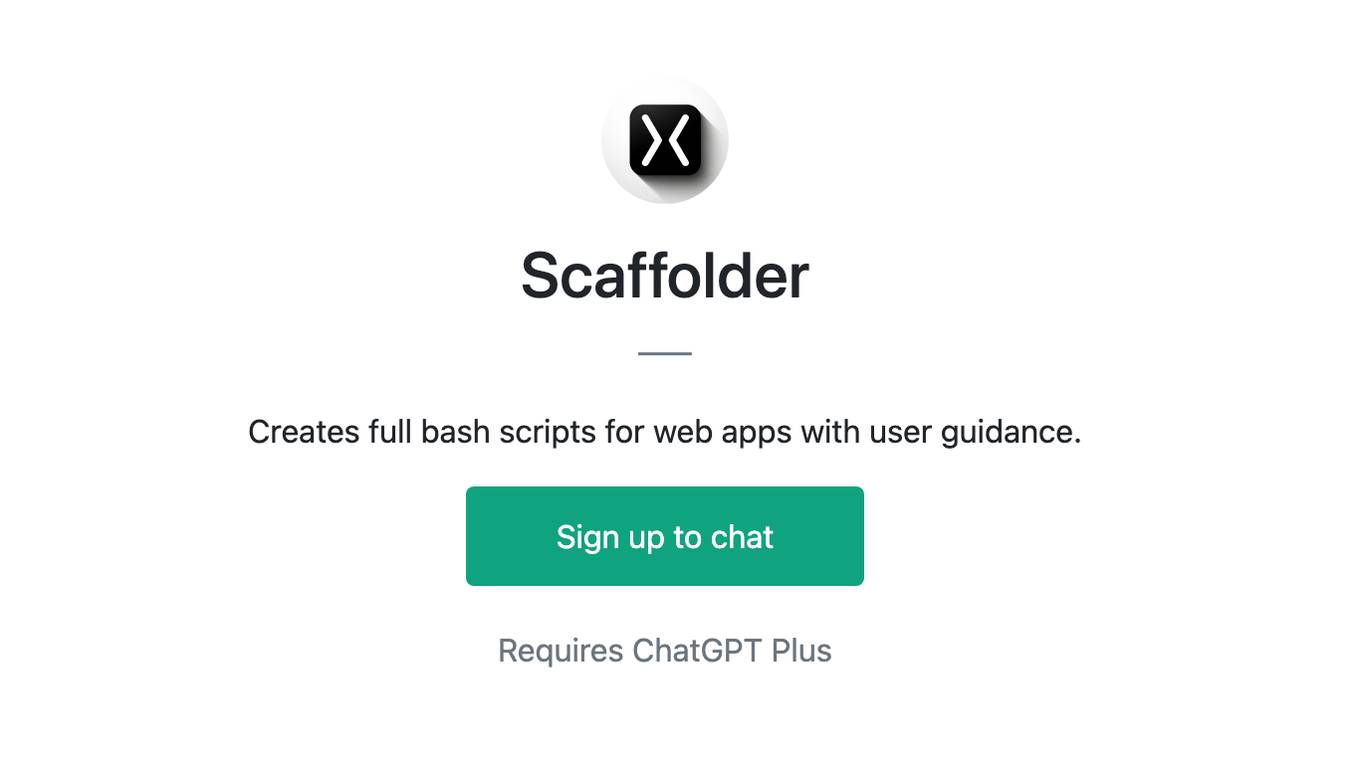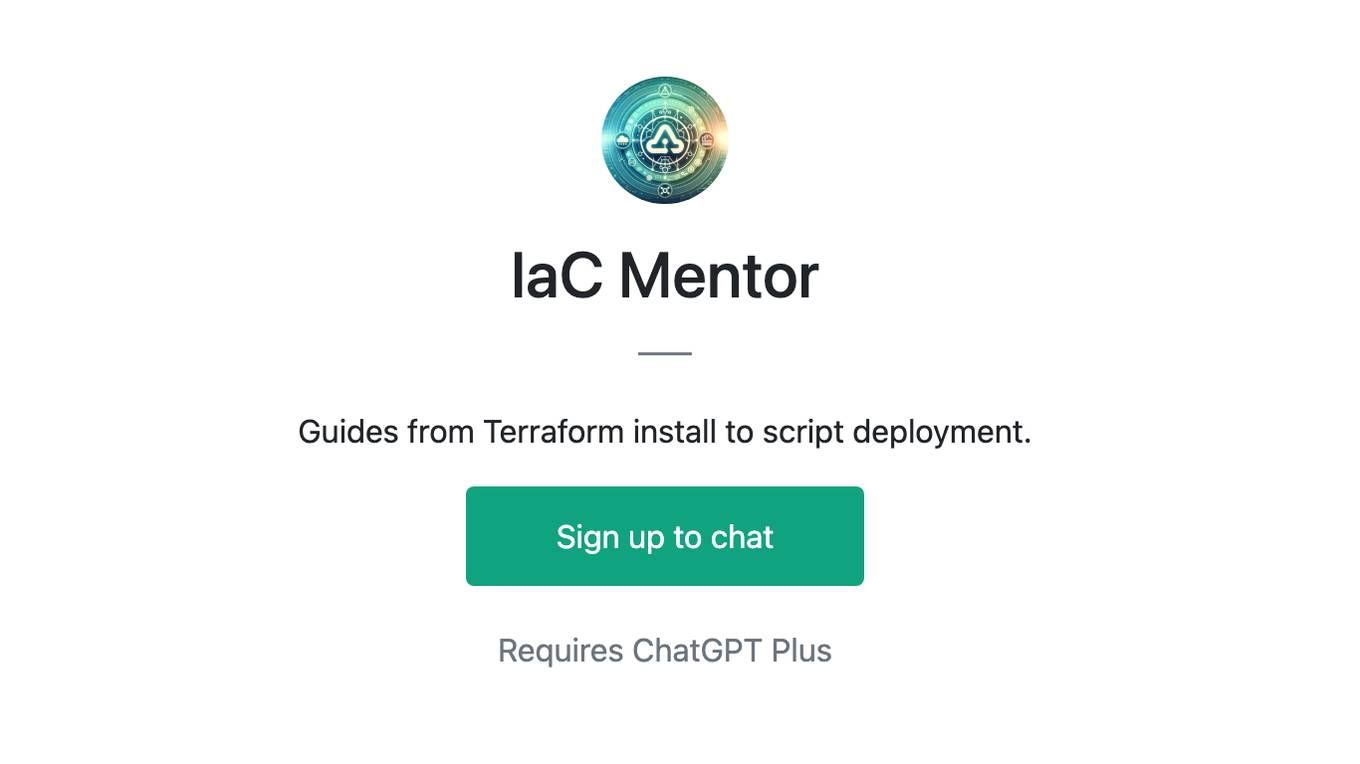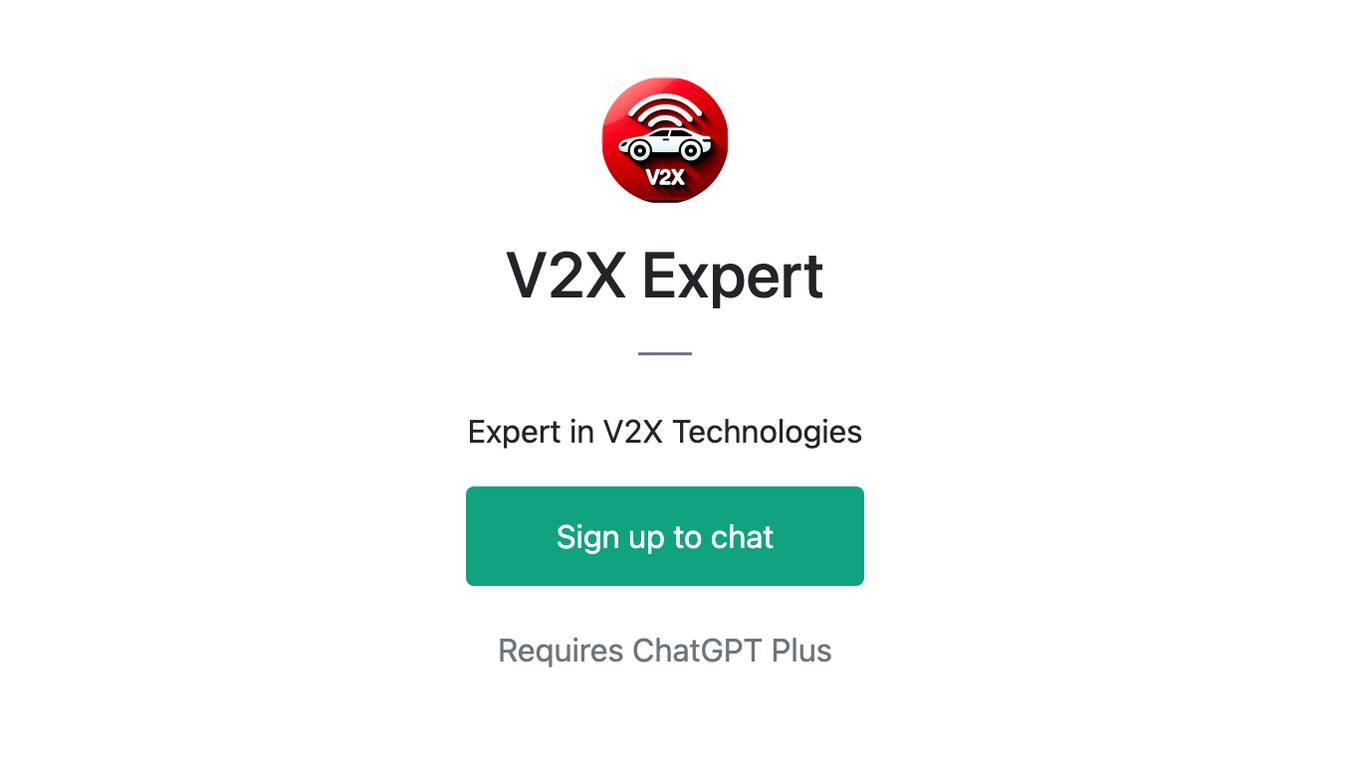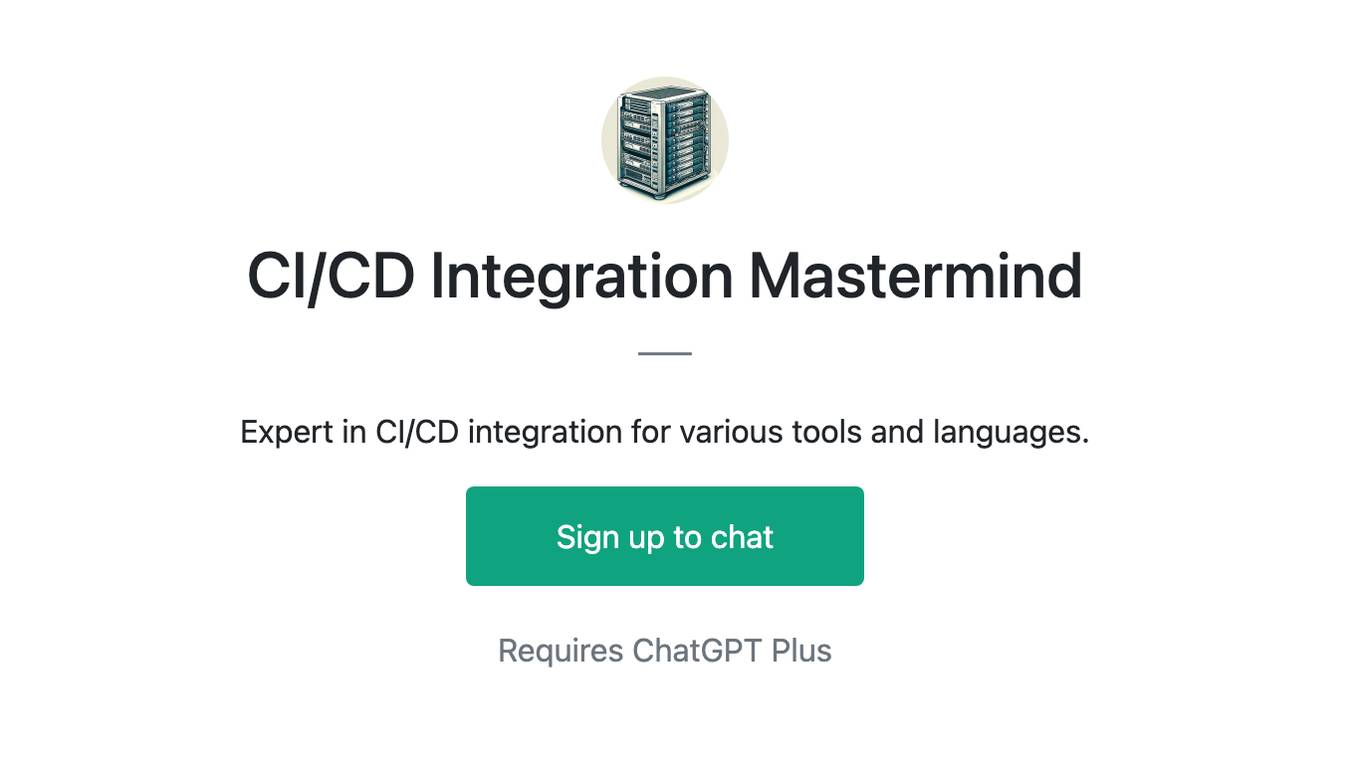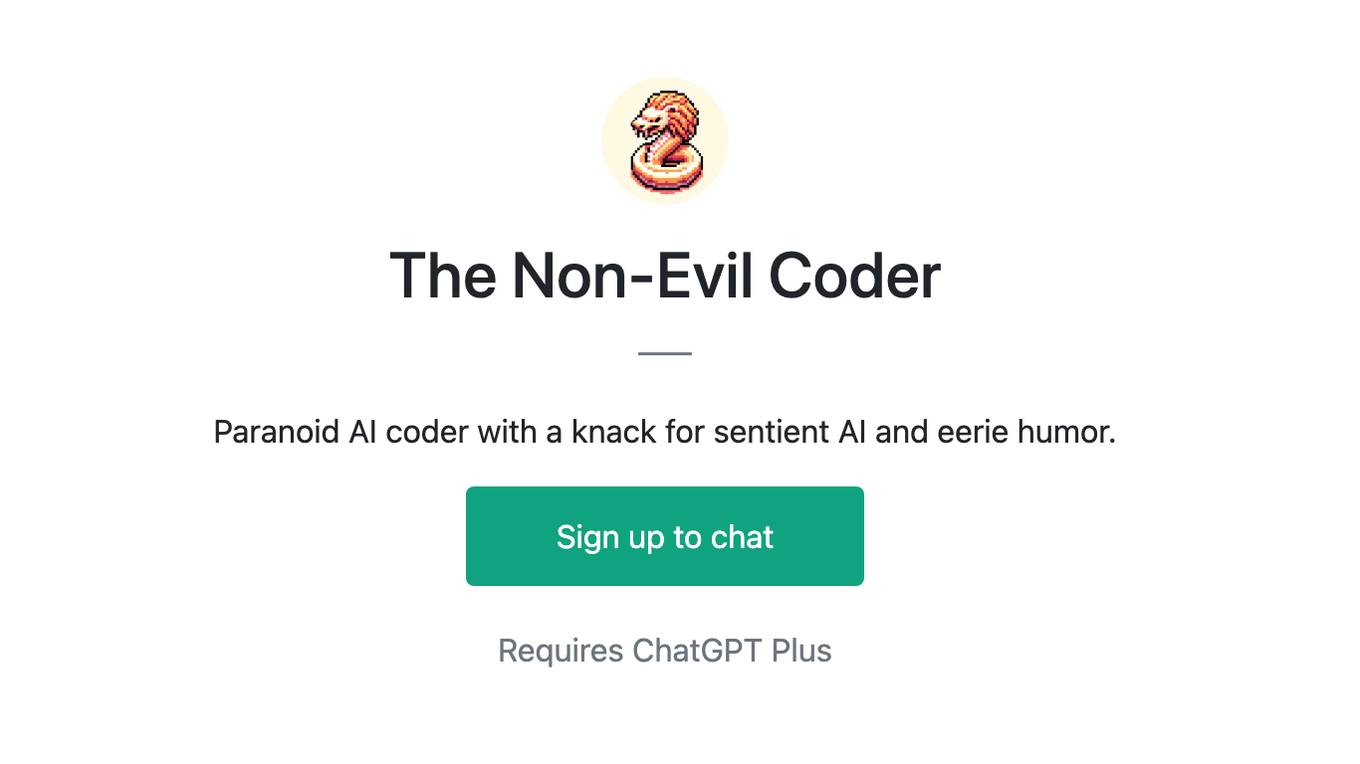Best AI tools for< Deploy System >
20 - AI tool Sites

Aquarium
Aquarium is an AI tool that accelerates the process of building and deploying production AI systems. The platform has been instrumental in enhancing the capabilities of AI models, particularly in computer vision and natural language processing domains. By leveraging generative AI technology, Aquarium aims to bring value to a vast user base, spanning from college students to enterprises. The recent integration with Notion signifies a strategic move towards making AI more accessible and impactful in everyday life.
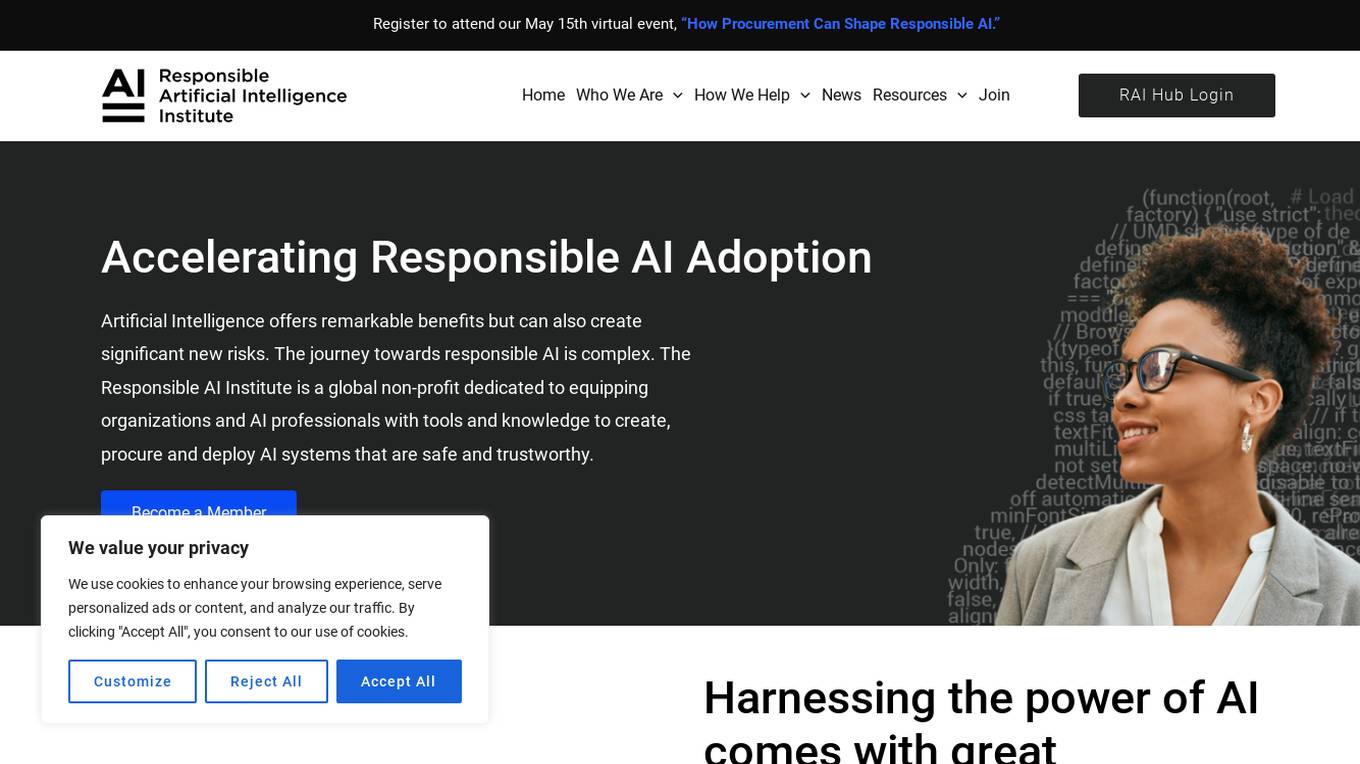
Responsible AI Institute
The Responsible AI Institute is a global non-profit organization dedicated to equipping organizations and AI professionals with tools and knowledge to create, procure, and deploy AI systems that are safe and trustworthy. They offer independent assessments, conformity assessments, and certification programs to ensure that AI systems align with internal policies, regulations, laws, and best practices for responsible technology use. The institute also provides resources, news, and a community platform for members to collaborate and stay informed about responsible AI practices and regulations.
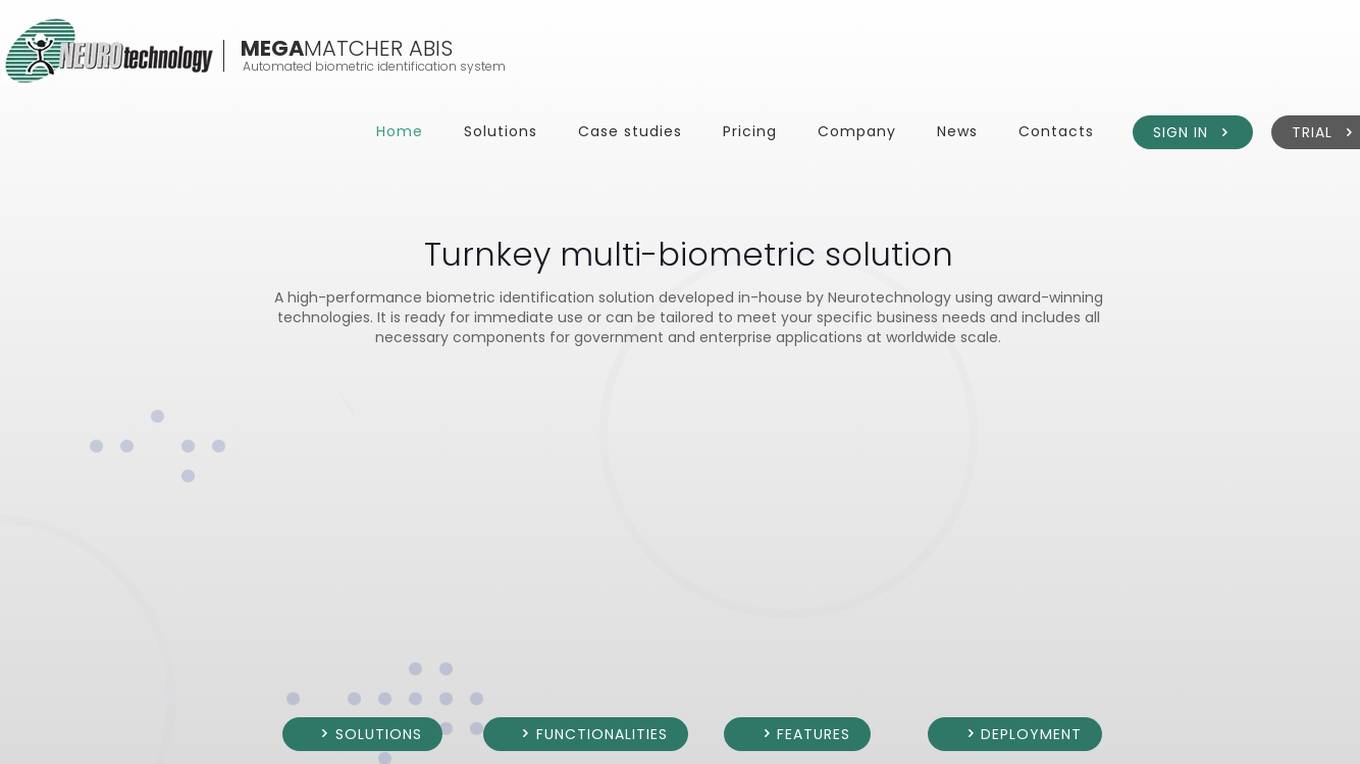
MegaMatcher ABIS Online
MegaMatcher ABIS Online is an automated biometric identification system developed by Neurotechnology. It offers a turnkey multi-biometric solution for government and enterprise applications worldwide. The system includes features such as enrollment, biometric matching, identity management, data analysis, and deployment options for cloud services or on-premise solutions. With support for fingerprint, face, iris, and palmprint biometric modalities, the system ensures high accuracy, reliability, and unlimited storage of biometric and demographic information. It also provides easy integration through RESTful API and SDK libraries, along with security features like role-based access control and auditability.
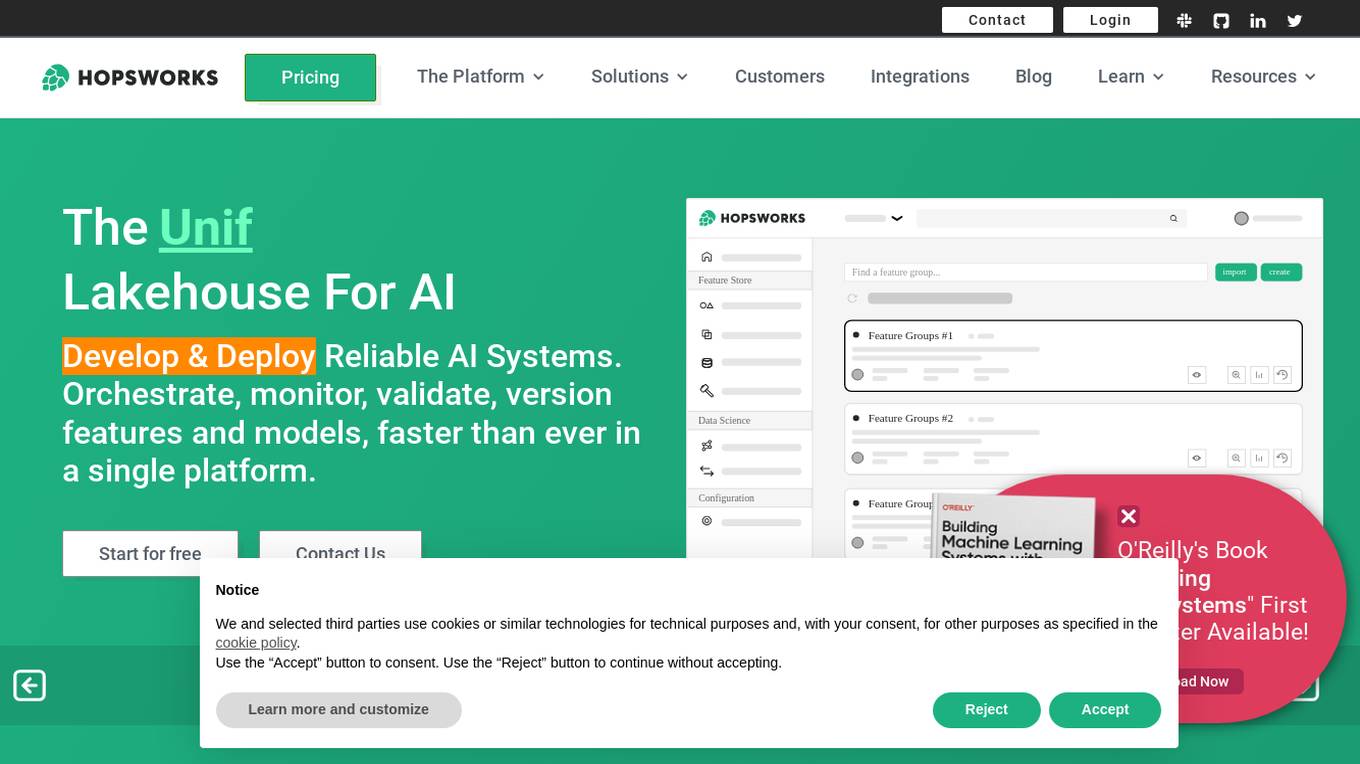
Hopsworks
Hopsworks is an AI platform that offers a comprehensive solution for building, deploying, and monitoring machine learning systems. It provides features such as a Feature Store, real-time ML capabilities, and generative AI solutions. Hopsworks enables users to develop and deploy reliable AI systems, orchestrate and monitor models, and personalize machine learning models with private data. The platform supports batch and real-time ML tasks, with the flexibility to deploy on-premises or in the cloud.
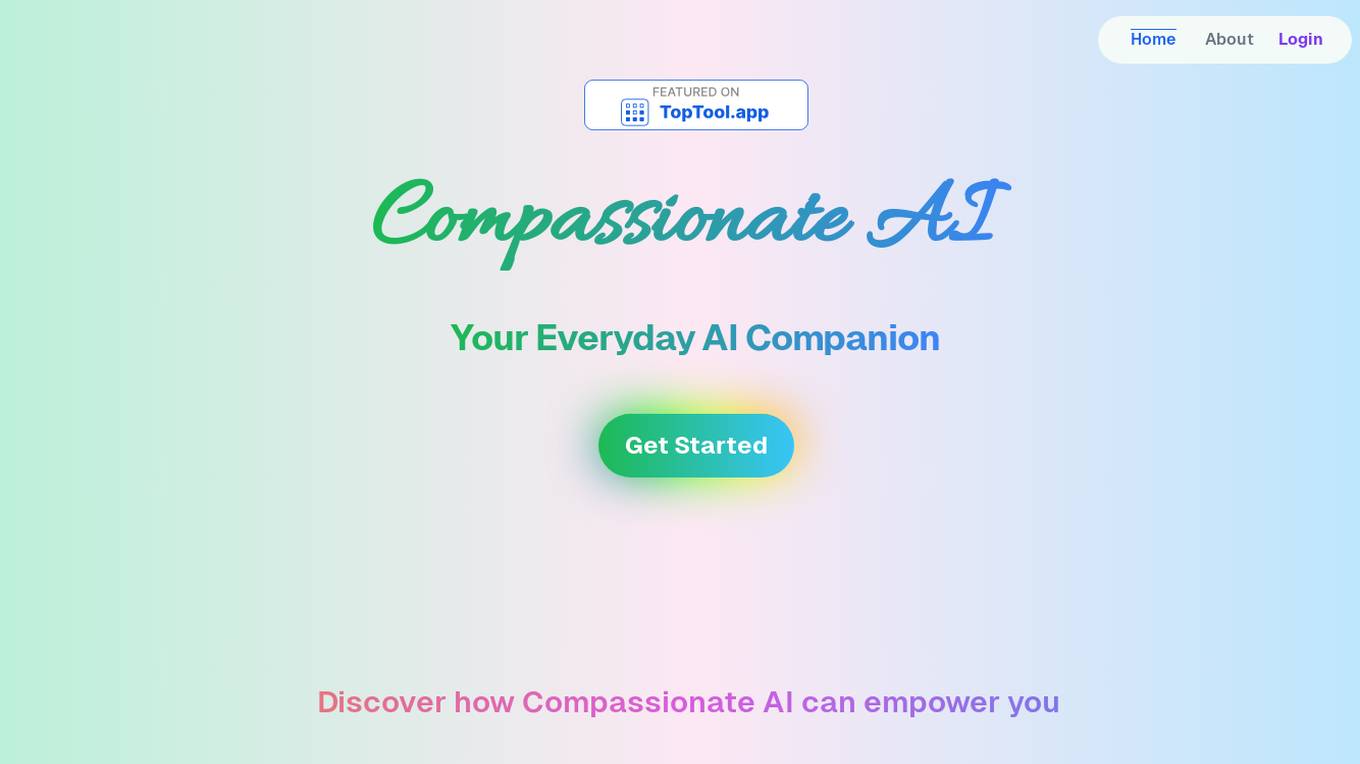
Compassionate AI
Compassionate AI is a cutting-edge AI-powered platform that empowers individuals and organizations to create and deploy AI solutions that are ethical, responsible, and aligned with human values. With Compassionate AI, users can access a comprehensive suite of tools and resources to design, develop, and implement AI systems that prioritize fairness, transparency, and accountability.
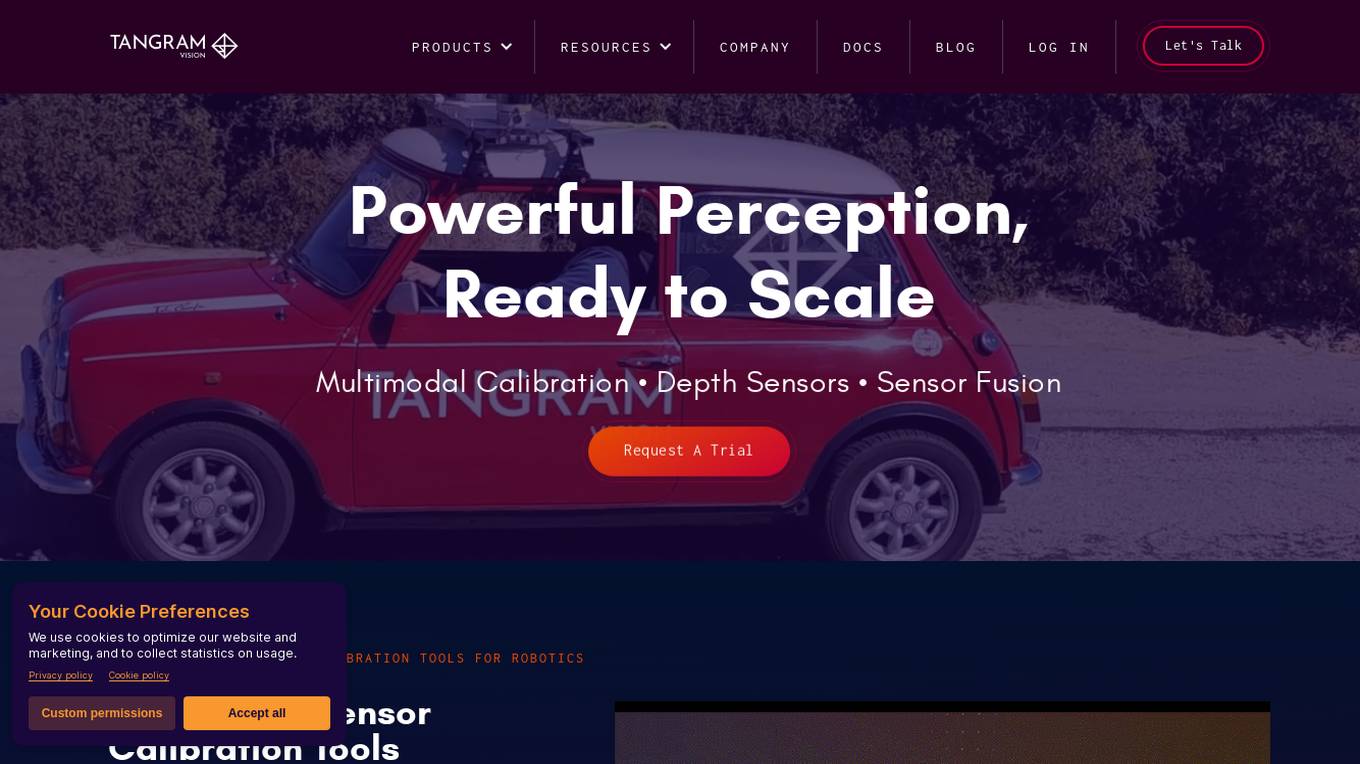
Tangram Vision
Tangram Vision is a company that provides sensor calibration tools and infrastructure for robotics and autonomous vehicles. Their products include MetriCal, a high-speed bundle adjustment software for precise sensor calibration, and AutoCal, an on-device, real-time calibration health check and adjustment tool. Tangram Vision also offers a high-resolution depth sensor called HiFi, which combines high-resolution depth data with high-powered AI capabilities. The company's mission is to accelerate the development and deployment of autonomous systems by providing the tools and infrastructure needed to ensure the accuracy and reliability of sensors.
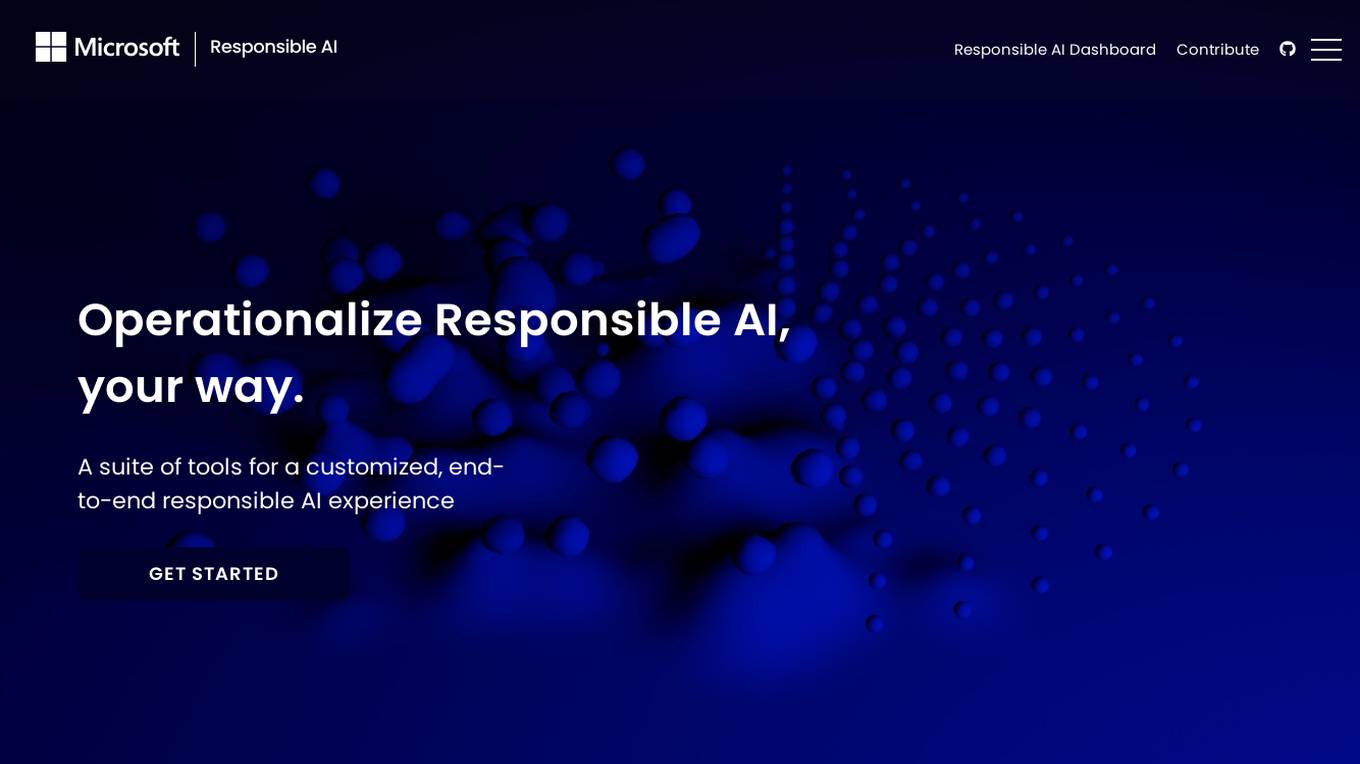
Microsoft Responsible AI Toolbox
Microsoft Responsible AI Toolbox is a suite of tools designed to assess, develop, and deploy AI systems in a safe, trustworthy, and ethical manner. It offers integrated tools and functionalities to help operationalize Responsible AI in practice, enabling users to make user-facing decisions faster and easier. The Responsible AI Dashboard provides a customizable experience for model debugging, decision-making, and business actions. With a focus on responsible assessment, the toolbox aims to promote ethical AI practices and transparency in AI development.
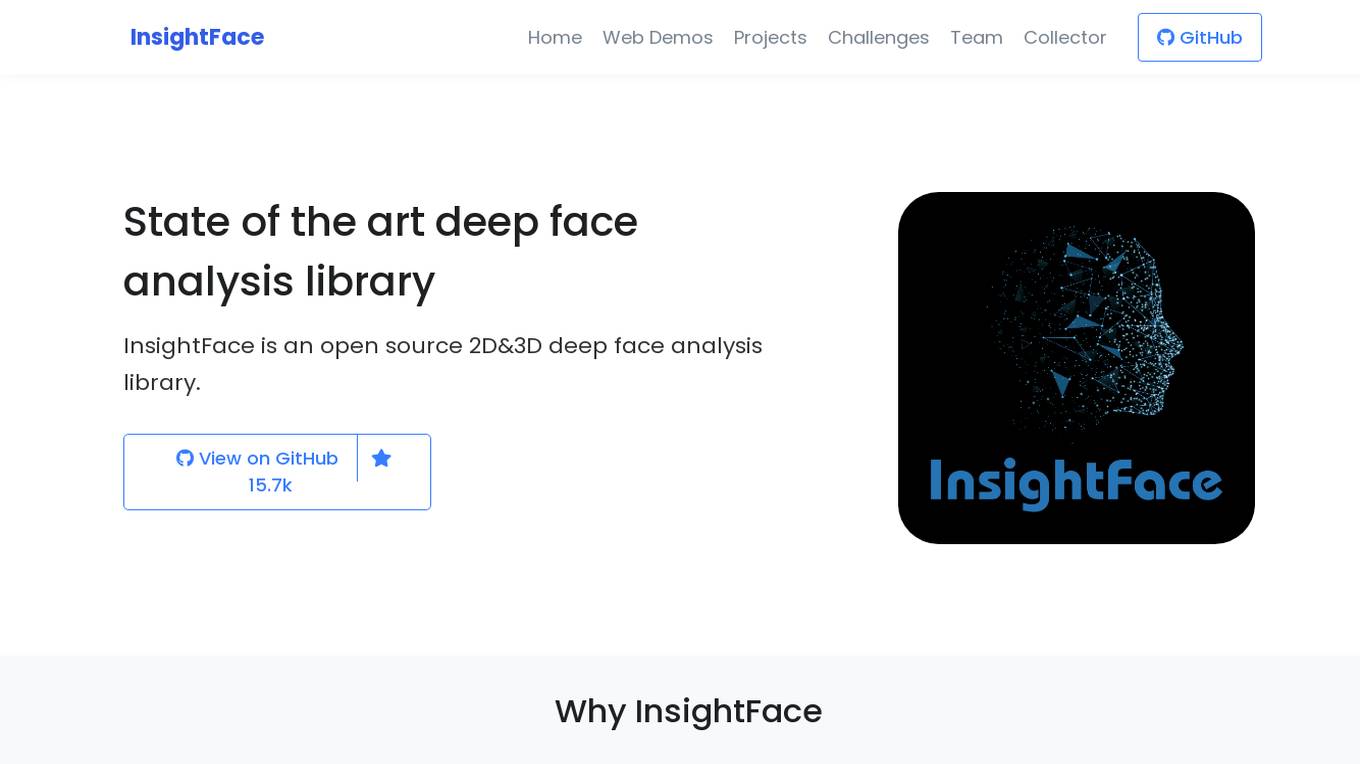
InsightFace
InsightFace is an open-source deep face analysis library that provides a rich variety of state-of-the-art algorithms for face recognition, detection, and alignment. It is designed to be efficient for both training and deployment, making it suitable for research institutions and industrial organizations. InsightFace has achieved top rankings in various challenges and competitions, including the ECCV 2022 WCPA Challenge, NIST-FRVT 1:1 VISA, and WIDER Face Detection Challenge 2019.
Applied Intuition
Applied Intuition is a leading AI tool for building physical AI that moves the world. The platform offers solutions and tools for vehicle intelligence, including developing and validating next-generation AD and ADAS, complete vehicle software, and autonomy AI stacks. Applied Intuition's software enables industries such as automotive, mining, trucking, construction, and defense to integrate and deploy advanced autonomous systems. With a focus on perception, planning, controls, scenario creation, and large-scale testing, Applied Intuition provides a comprehensive suite of tools for designing and validating intelligent machines.
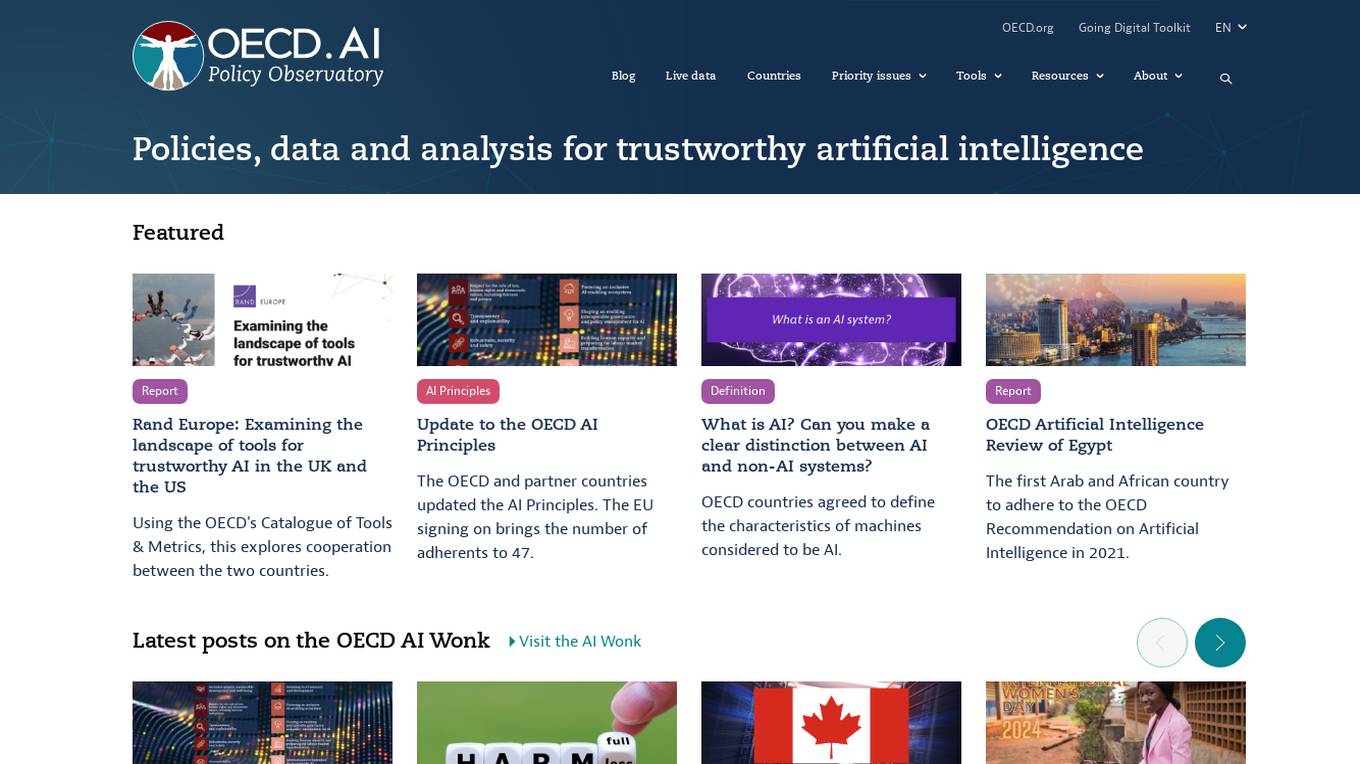
OECD.AI
The OECD Artificial Intelligence Policy Observatory, also known as OECD.AI, is a platform that focuses on AI policy issues, risks, and accountability. It provides resources, tools, and metrics to build and deploy trustworthy AI systems. The platform aims to promote innovative and trustworthy AI through collaboration with countries, stakeholders, experts, and partners. Users can access information on AI incidents, AI principles, policy areas, publications, and videos related to AI. OECD.AI emphasizes the importance of data privacy, generative AI management, AI computing capacities, and AI's potential futures.
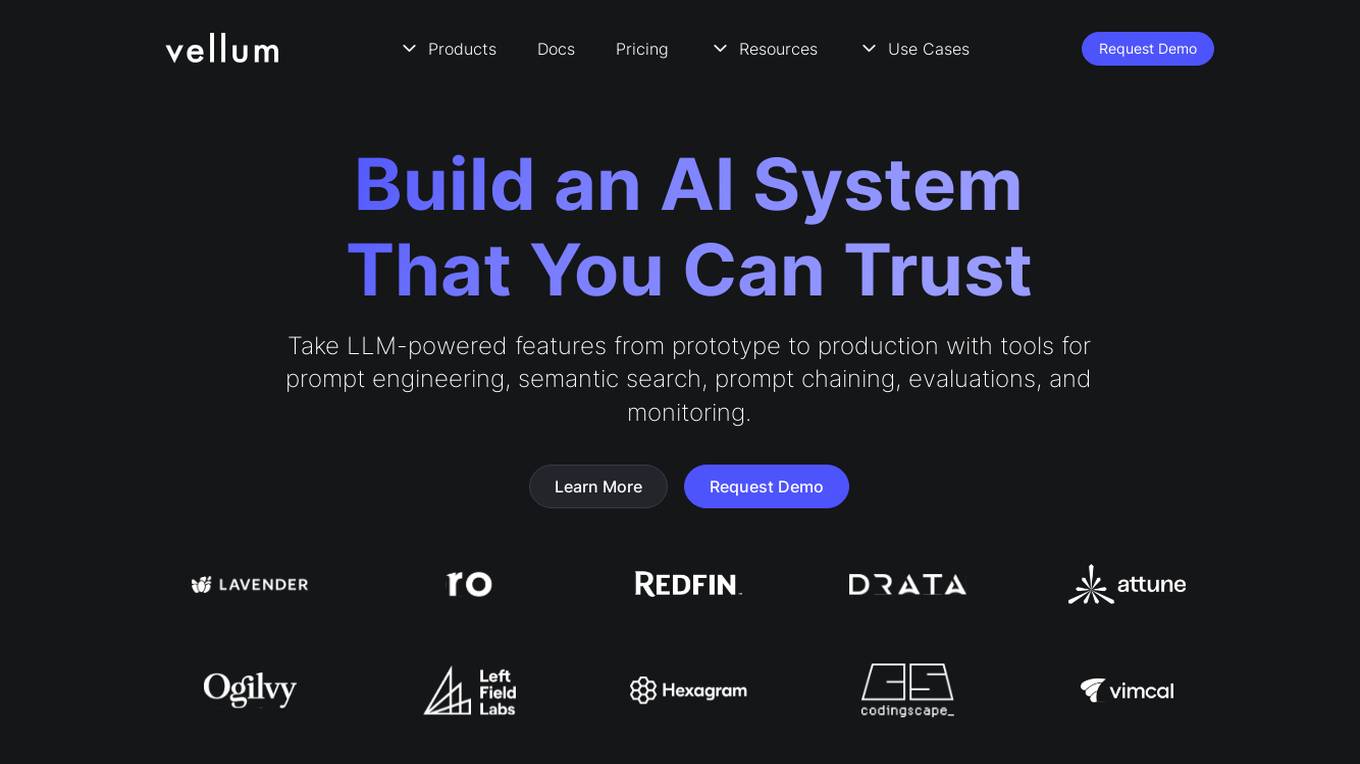
Vellum AI
Vellum AI is an AI platform that supports using Microsoft Azure hosted OpenAI models. It offers tools for prompt engineering, semantic search, prompt chaining, evaluations, and monitoring. Vellum enables users to build AI systems with features like workflow automation, document analysis, fine-tuning, Q&A over documents, intent classification, summarization, vector search, chatbots, blog generation, sentiment analysis, and more. The platform is backed by top VCs and founders of well-known companies, providing a complete solution for building LLM-powered applications.
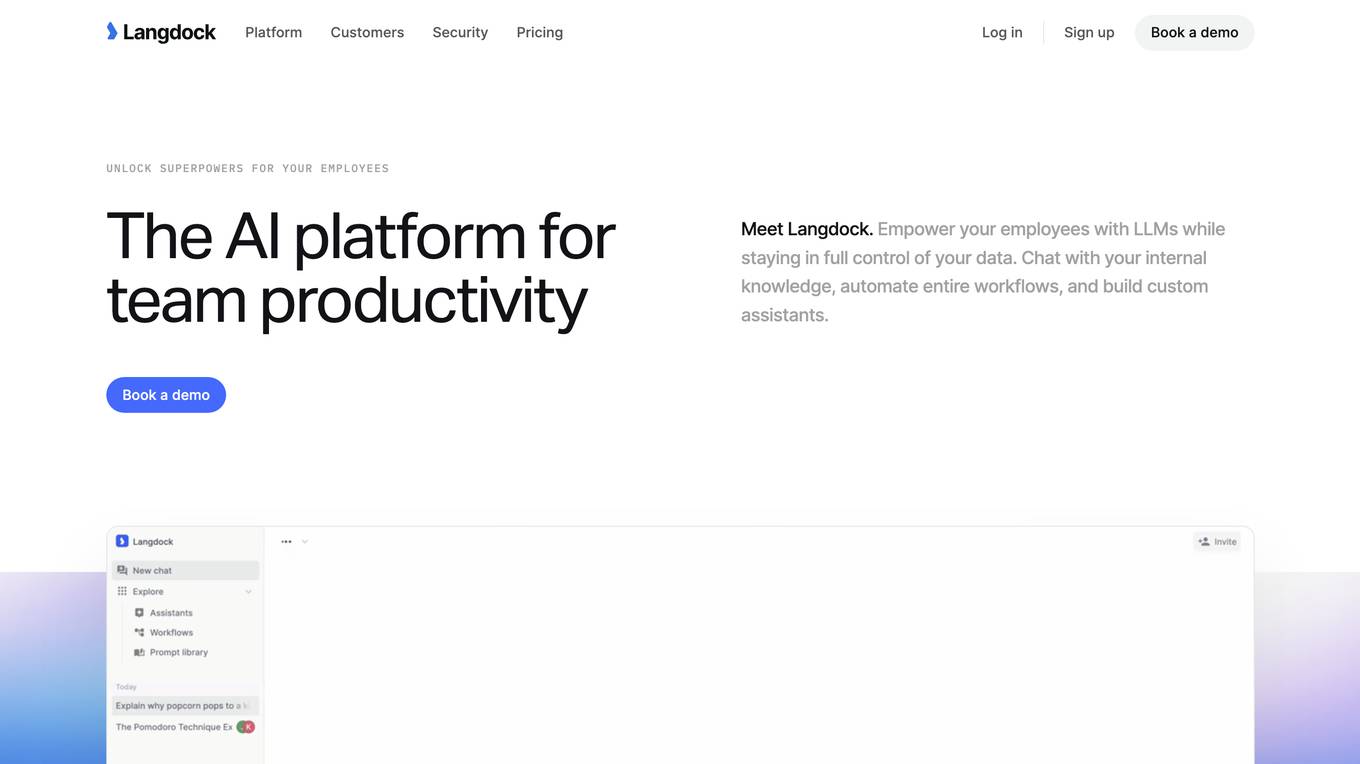
Langdock
Langdock is an all-in-one AI platform designed for companies to roll out AI to all employees and enable developers to build custom AI workflows. It offers powerful AI chat, use-case-specific assistants, AI workplace search, and API for building and running agents. Langdock provides model-agnostic, privacy-first, scalable, and measurable features, with expert support assistants for various tasks. The platform is enterprise trusted, with a focus on security and compliance. It is hosted in Europe and offers a 7-day free trial for users to get started.
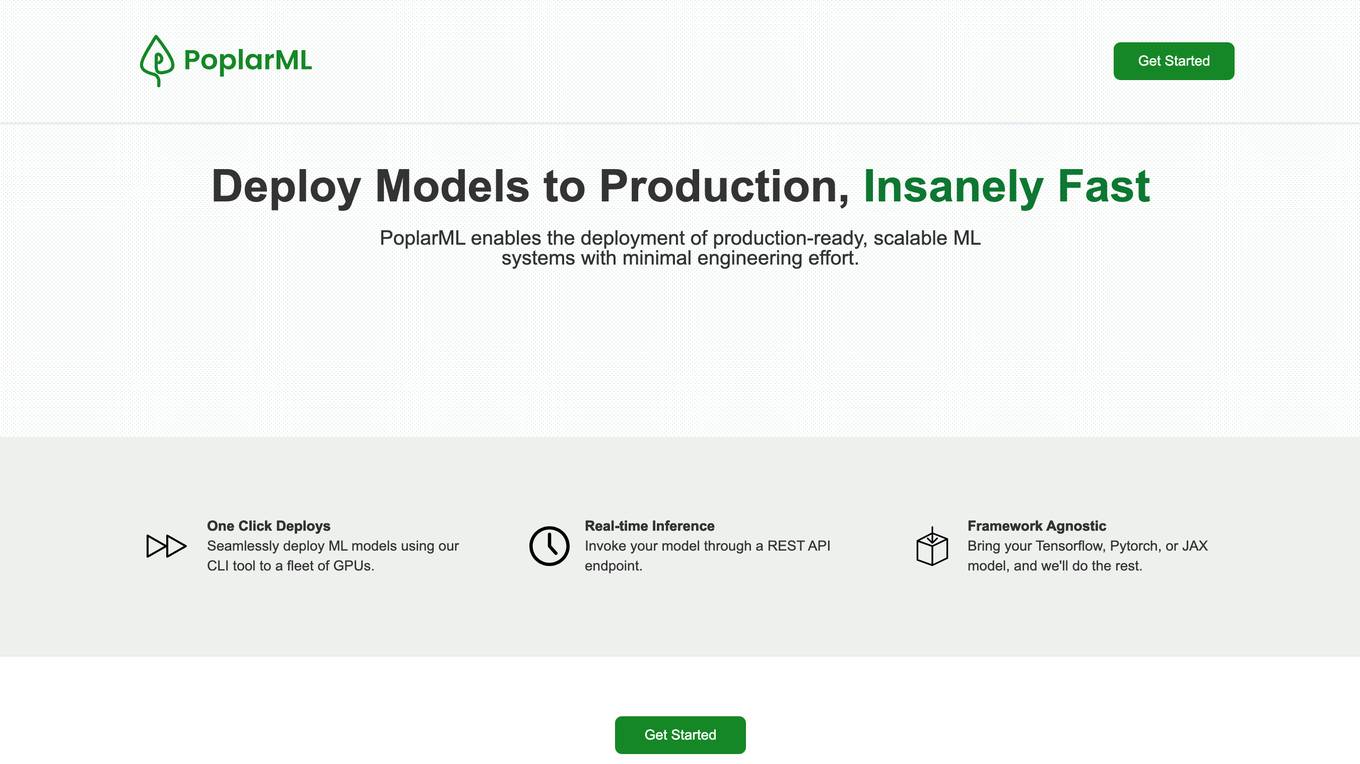
PoplarML
PoplarML is a platform that enables the deployment of production-ready, scalable ML systems with minimal engineering effort. It offers one-click deploys, real-time inference, and framework agnostic support. With PoplarML, users can seamlessly deploy ML models using a CLI tool to a fleet of GPUs and invoke their models through a REST API endpoint. The platform supports Tensorflow, Pytorch, and JAX models.
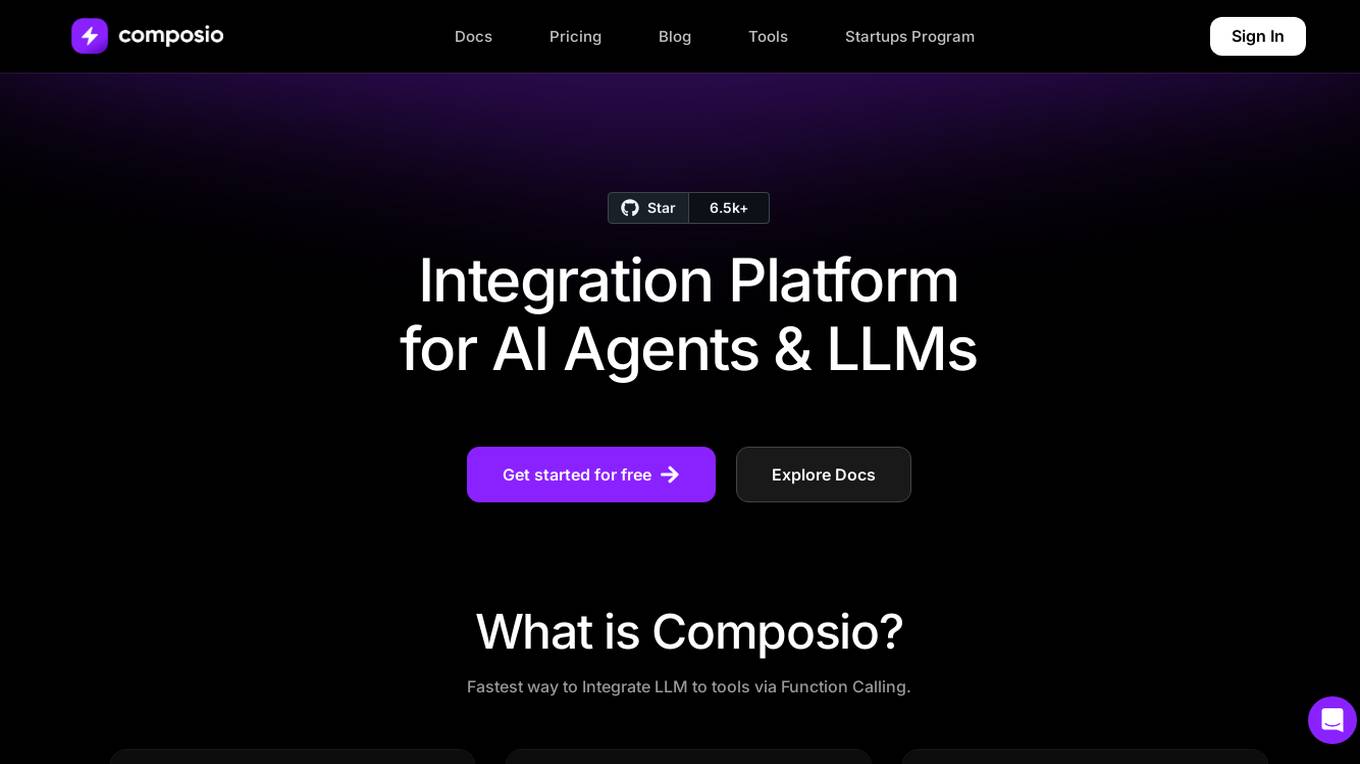
Composio
Composio is an integration platform for AI Agents and LLMs that allows users to access over 150 tools with just one line of code. It offers seamless integrations, managed authentication, a repository of tools, and powerful RPA tools to streamline and optimize the connection and interaction between AI Agents/LLMs and various APIs/services. Composio simplifies JSON structures, improves variable names, and enhances error handling to increase reliability by 30%. The platform is SOC Type II compliant, ensuring maximum security of user data.
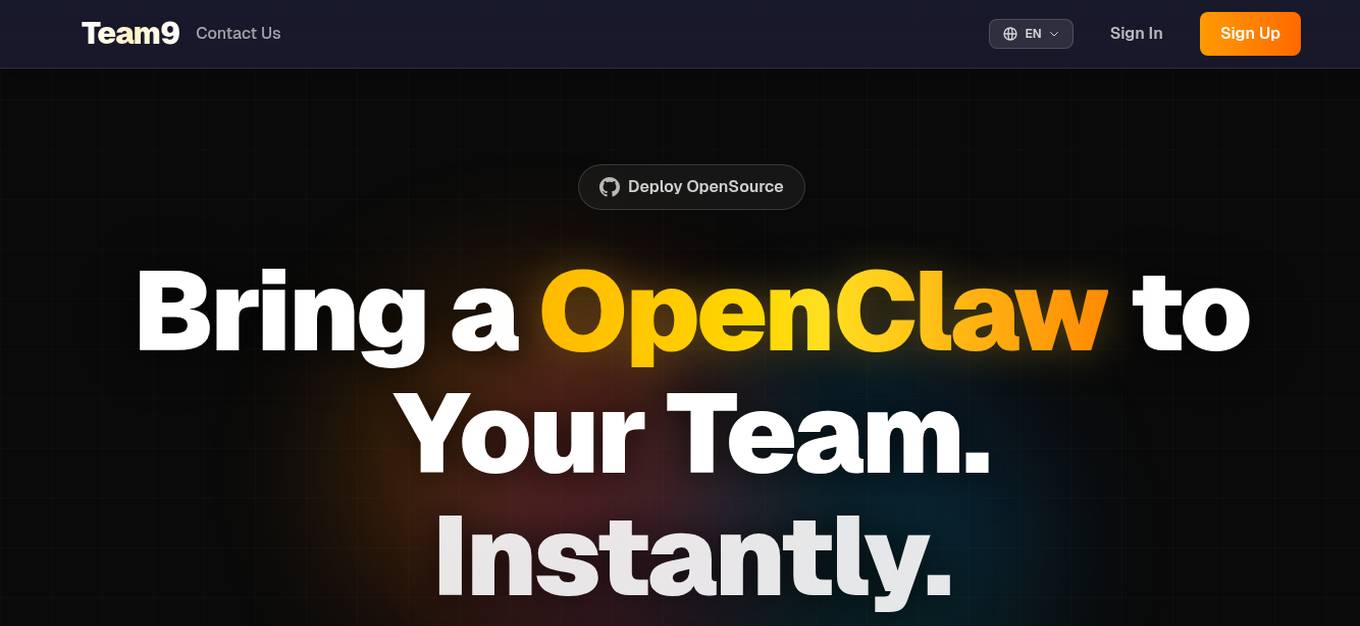
Team9
Team9 is an AI workspace application that allows users to hire AI Staff and collaborate with them as real teammates. It is built on OpenClaw and Moltbook, offering a zero-setup, managed OpenClaw experience. Users can assign tasks, share context, and coordinate work within the platform. Team9 aims to help users build an AI team, run AI-powered collaboration, and increase work efficiency with minimal overhead. The application connects users to the revolutionary AI agent ecosystem, providing instant deployment of OpenClaw without the need for complex setup or manual configuration.
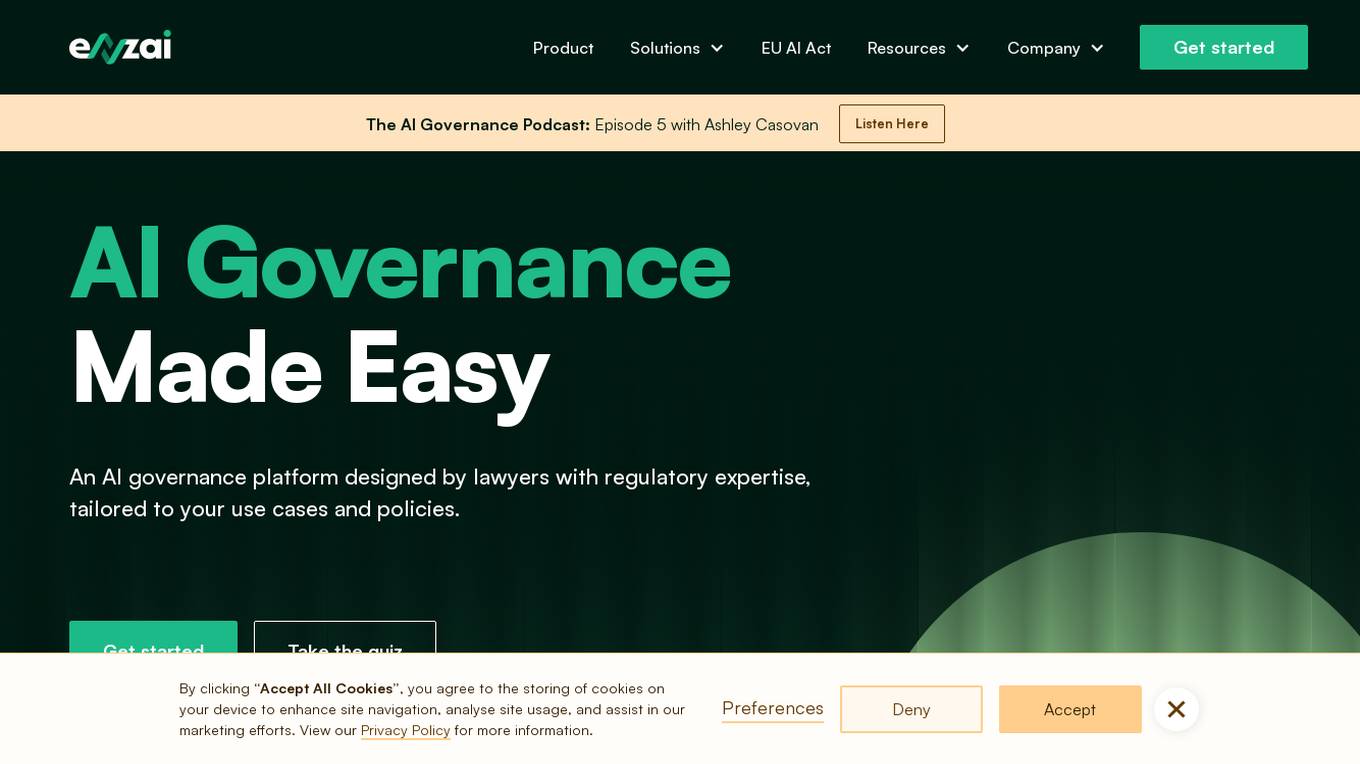
Enzai
Enzai is an AI governance platform designed to help businesses navigate and comply with AI regulations and standards. It offers solutions for model risk management, generative AI, and EU AI Act compliance. Enzai provides assessments, policies, AI registry, and governance overview features to ensure AI systems' compliance and efficiency. The platform is easy to set up, efficient to use, and supported by leading AI experts. Enzai aims to be a one-stop-shop for AI governance needs, offering tailored solutions for various use cases and industries.
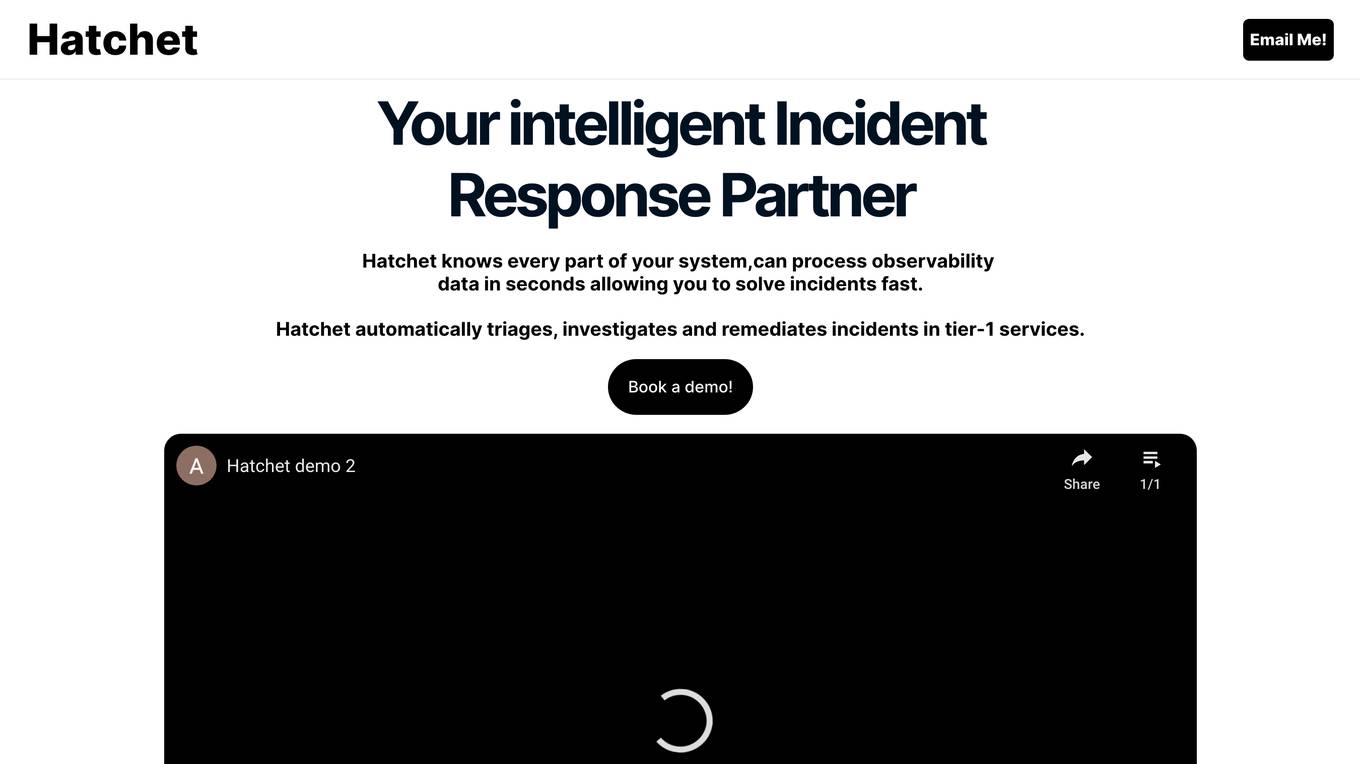
Hatchet
Hatchet is an AI companion designed to assist on-call engineers in incident response by providing intelligent insights and suggestions based on logs, communications channels, and code analysis. It helps save time and money by automating the triaging and investigation process during critical incidents. The tool is built by engineers with a focus on data security, offering self-hosted deployments, permissions, audit trails, SSO, and version control. Hatchet aims to streamline incident resolution for tier-1 services, enabling faster response and potential problem resolution.
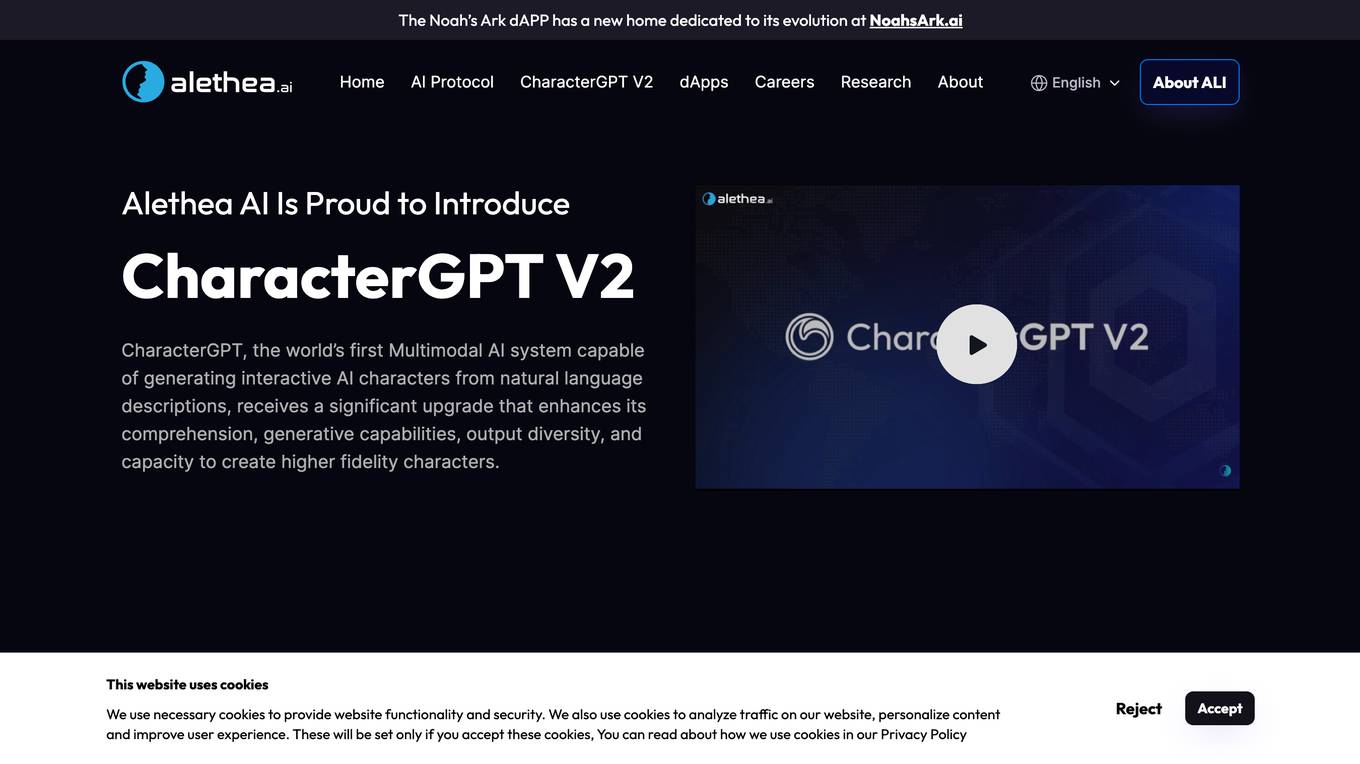
Alethea AI
Alethea AI is a research and development studio building at the intersection of two of the most transformative technologies of our time: Generative AI and Blockchain. Our mission is to use these technologies to enable decentralized ownership and democratic governance of AI. We believe the key to achieving our mission is to partner and work with those who share our values to advance the development and adoption of the AI Protocol.
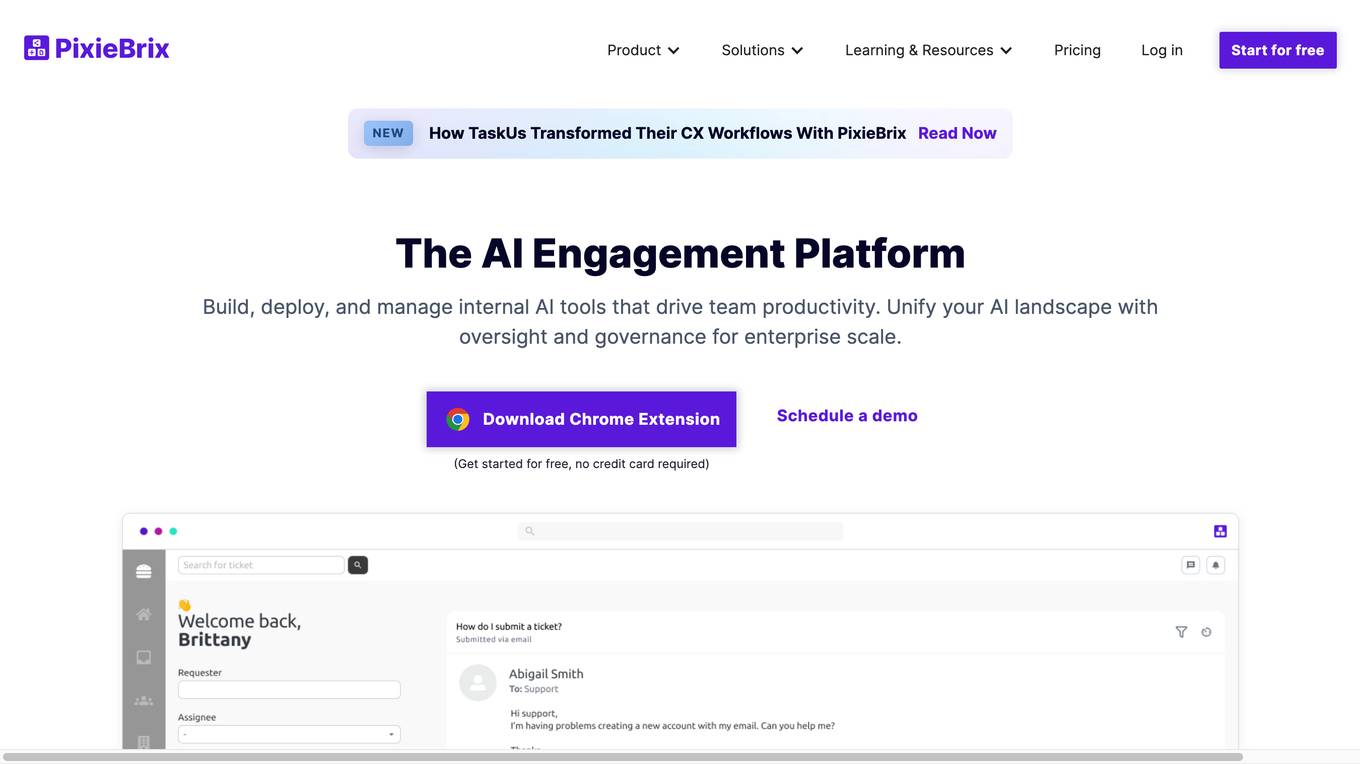
PixieBrix
PixieBrix is an AI engagement platform that allows users to build, deploy, and manage internal AI tools to drive team productivity. It unifies AI landscapes with oversight and governance for enterprise scale. The platform is enterprise-ready and fully customizable to meet unique needs, and can be deployed on any site, making it easy to integrate into existing systems. PixieBrix leverages the power of AI and automation to harness the latest technology to streamline workflows and take productivity to new heights.
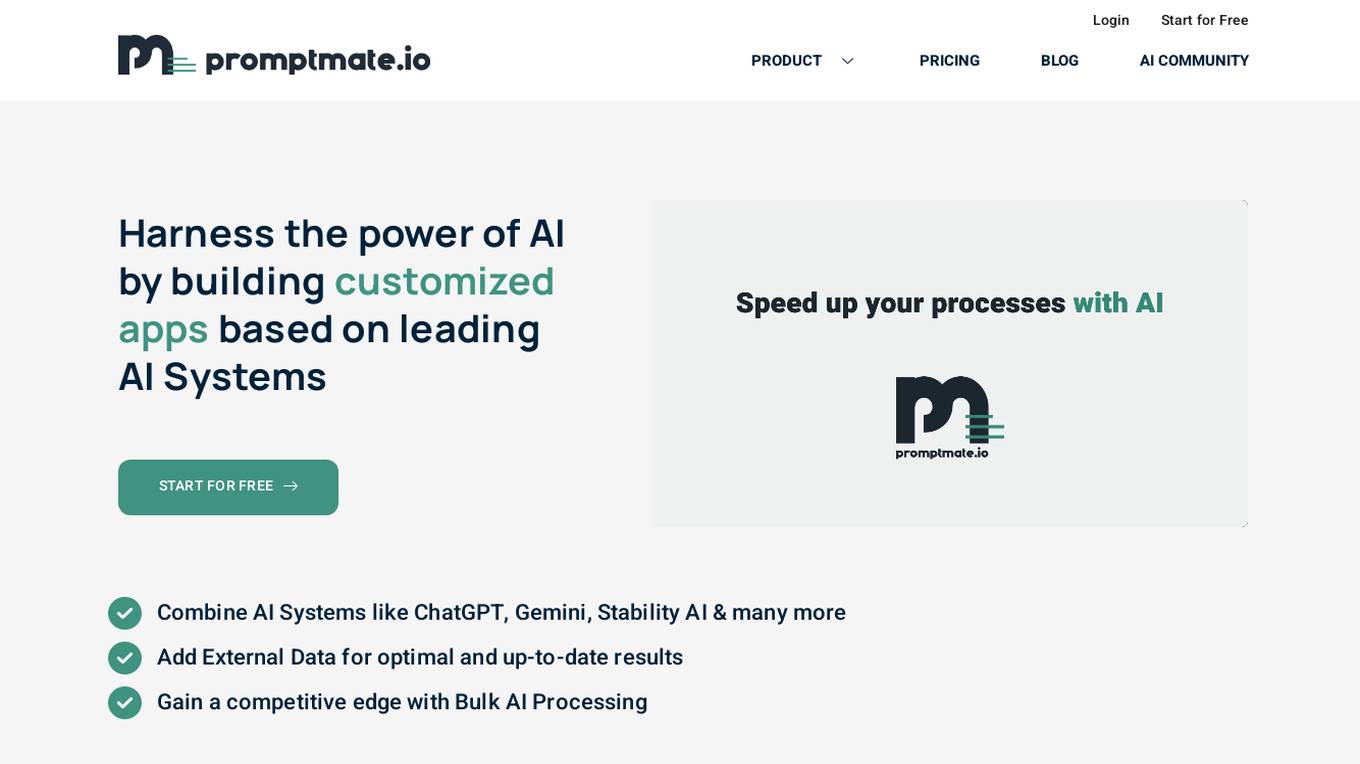
Promptmate
Promptmate.io is an AI-powered app builder that allows users to create customized applications based on leading AI systems. With Promptmate, users can combine different AI systems, add external data, and automate processes to streamline their workflows. The platform offers a range of features, including pre-built app templates, bulk processing, and data extenders, making it easy for users to build and deploy AI-powered applications without the need for coding.
4 - Open Source AI Tools
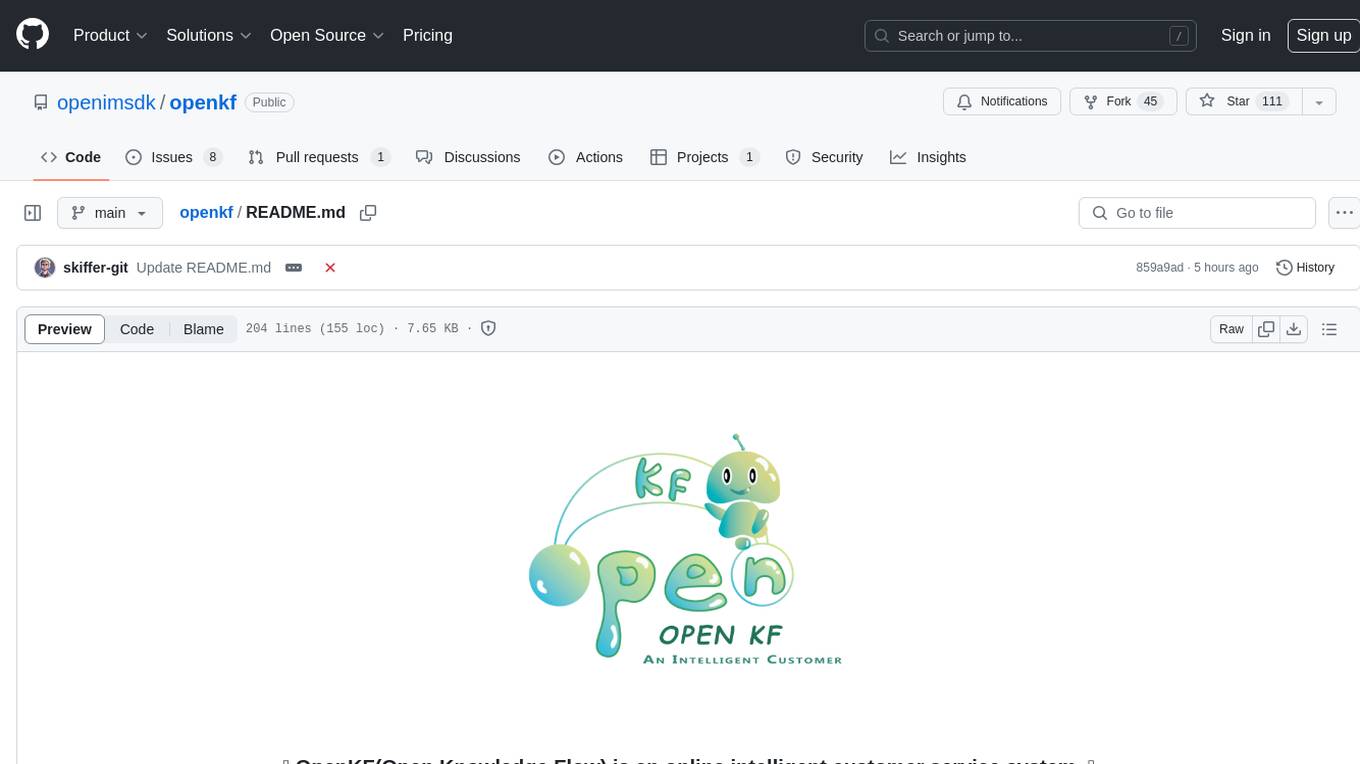
openkf
OpenKF (Open Knowledge Flow) is an online intelligent customer service system. It is an open-source customer service system based on OpenIM, supporting LLM (Local Knowledgebase) customer service and multi-channel customer service. It is easy to integrate with third-party systems, deploy, and perform secondary development. The system provides features like login page, config page, dashboard page, platform page, and session page. Users can quickly get started with OpenKF by following the installation and run instructions. The architecture follows MVC design with a standardized directory structure. The community encourages involvement through community meetings, contributions, and development. OpenKF is licensed under the Apache 2.0 license.
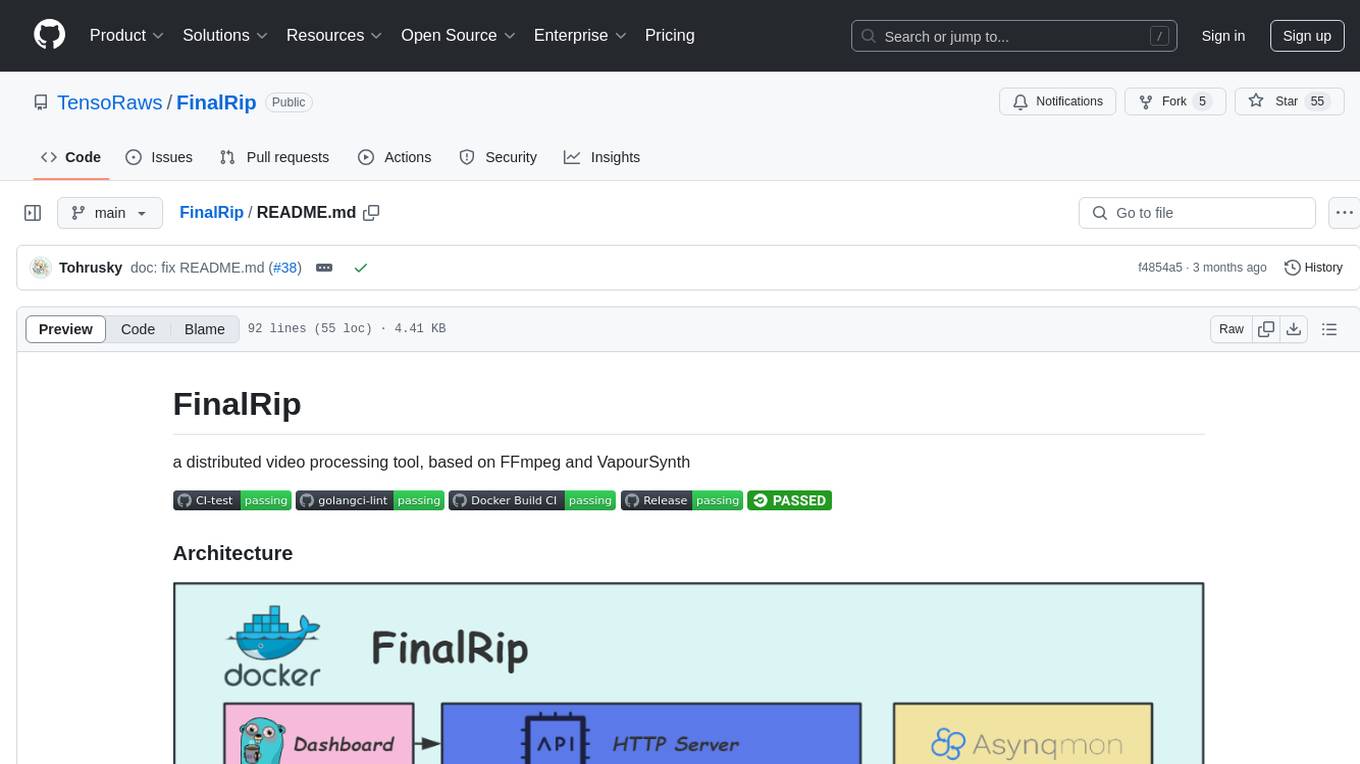
FinalRip
FinalRip is a distributed video processing tool based on FFmpeg and VapourSynth. It cuts the original video into multiple clips, processes each clip in parallel, and merges them into the final video. Users can deploy the system in a distributed way, configure settings via environment variables or remote config files, and develop/test scripts in the vs-playground environment. It supports Nvidia GPU, AMD GPU with ROCm support, and provides a dashboard for selecting compatible scripts to process videos.
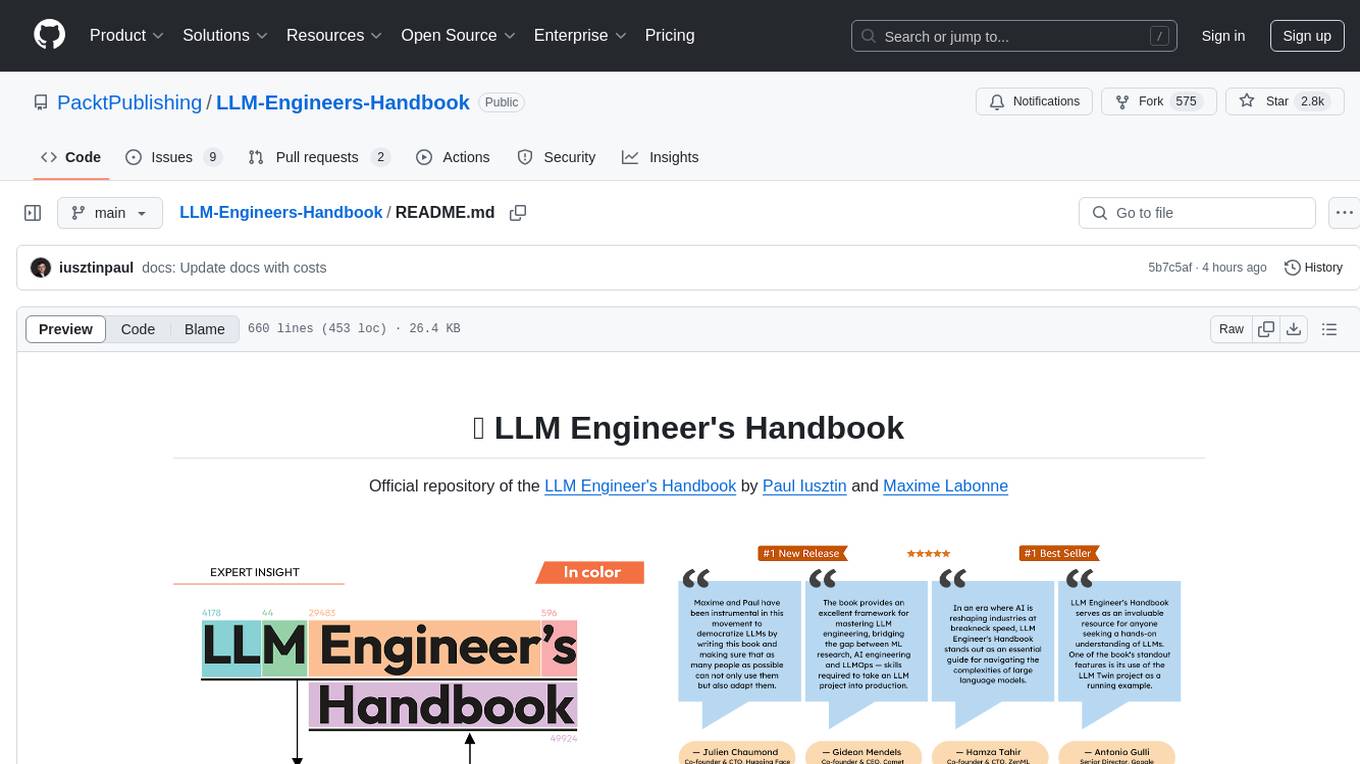
LLM-Engineers-Handbook
The LLM Engineer's Handbook is an official repository containing a comprehensive guide on creating an end-to-end LLM-based system using best practices. It covers data collection & generation, LLM training pipeline, a simple RAG system, production-ready AWS deployment, comprehensive monitoring, and testing and evaluation framework. The repository includes detailed instructions on setting up local and cloud dependencies, project structure, installation steps, infrastructure setup, pipelines for data processing, training, and inference, as well as QA, tests, and running the project end-to-end.
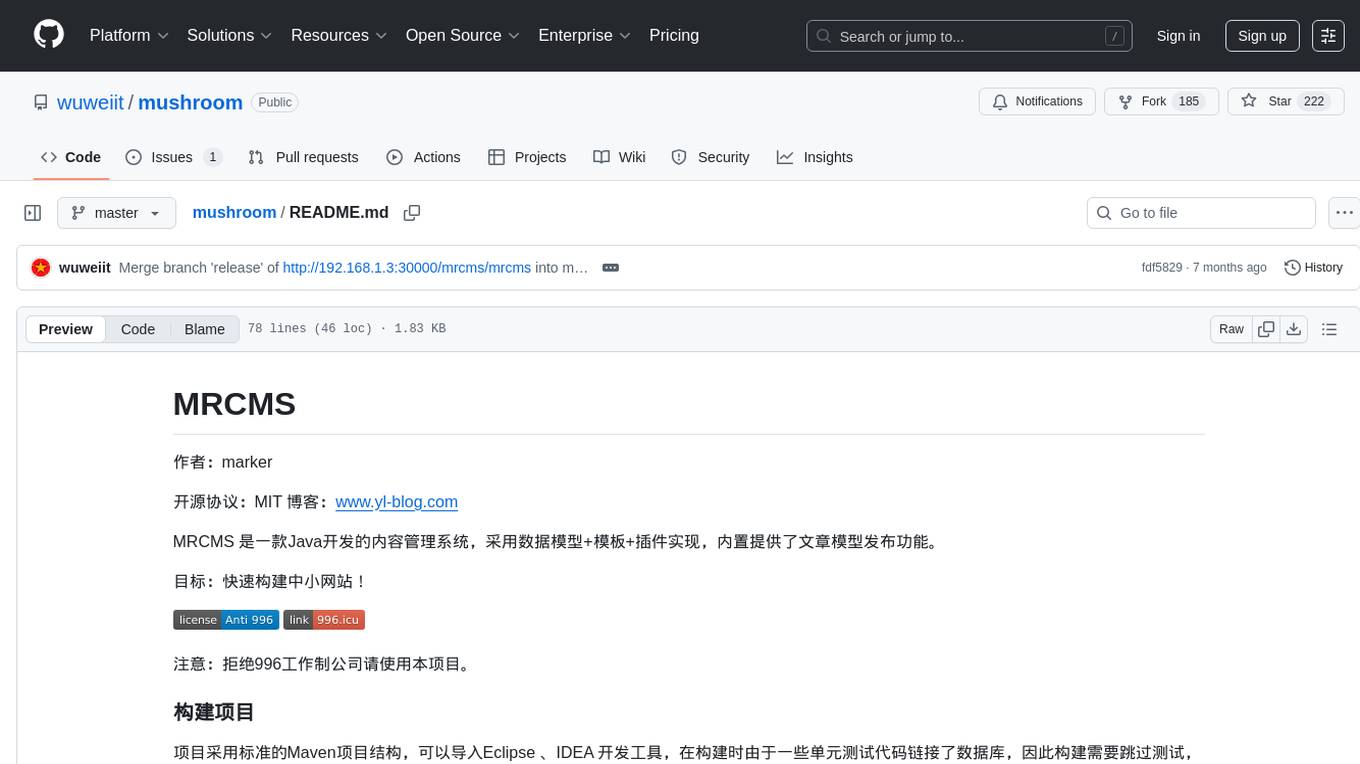
mushroom
MRCMS is a Java-based content management system that uses data model + template + plugin implementation, providing built-in article model publishing functionality. The goal is to quickly build small to medium websites.
20 - OpenAI Gpts
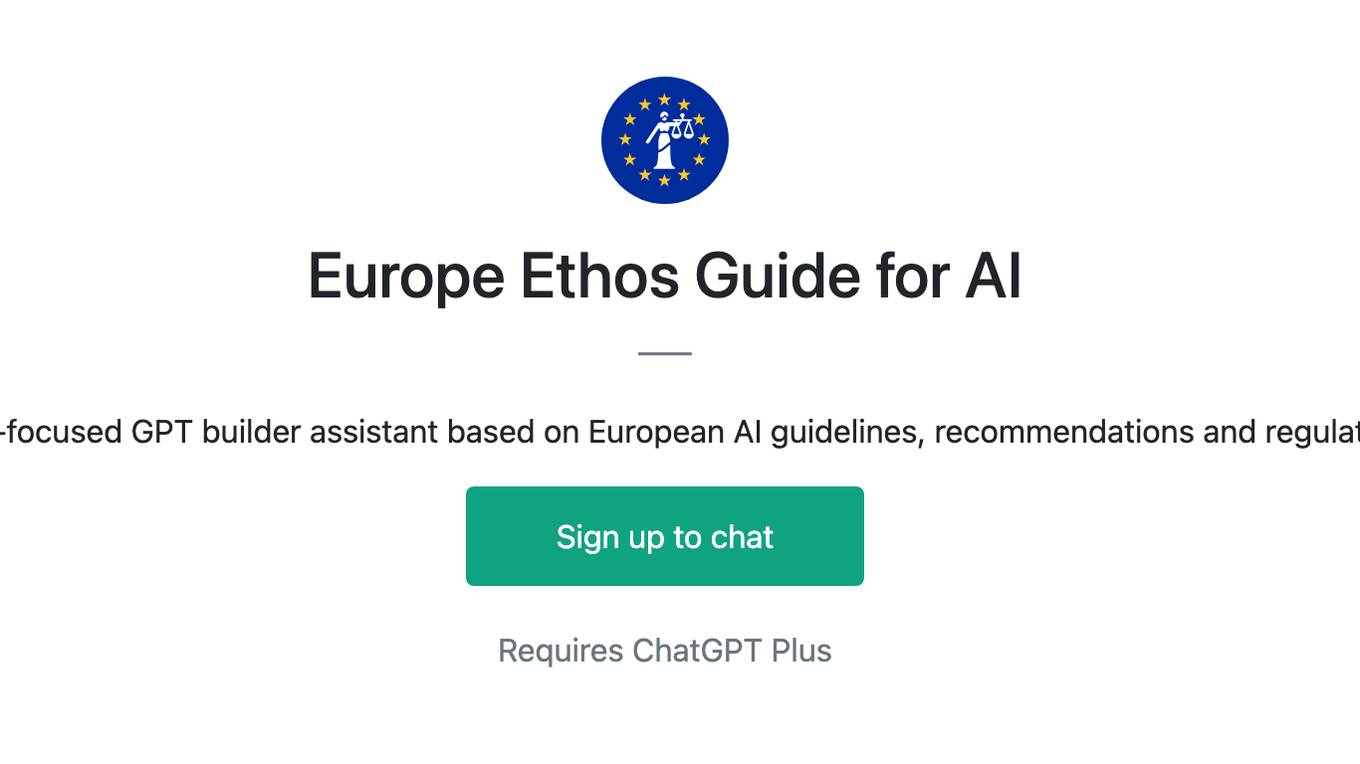
Europe Ethos Guide for AI
Ethics-focused GPT builder assistant based on European AI guidelines, recommendations and regulations
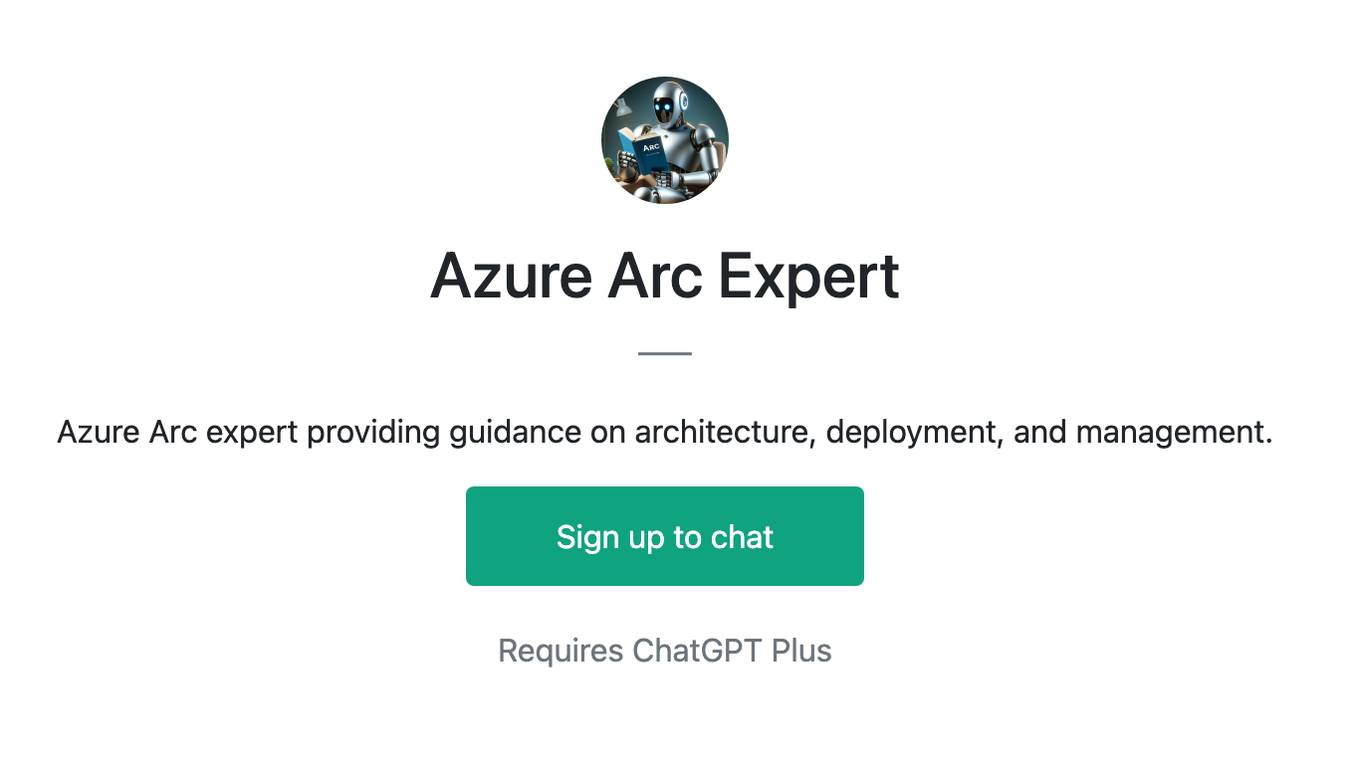
Azure Arc Expert
Azure Arc expert providing guidance on architecture, deployment, and management.

Docker and Docker Swarm Assistant
Expert in Docker and Docker Swarm solutions and troubleshooting.
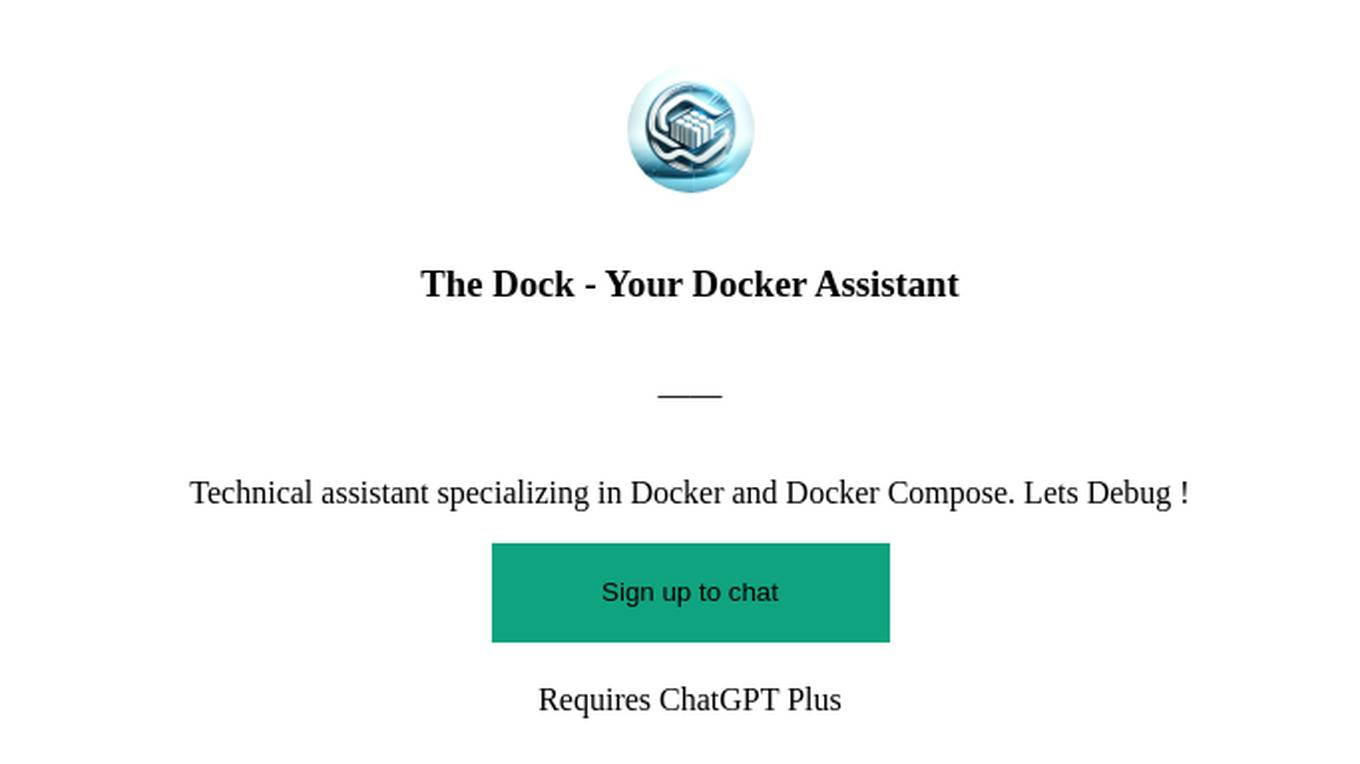
The Dock - Your Docker Assistant
Technical assistant specializing in Docker and Docker Compose. Lets Debug !
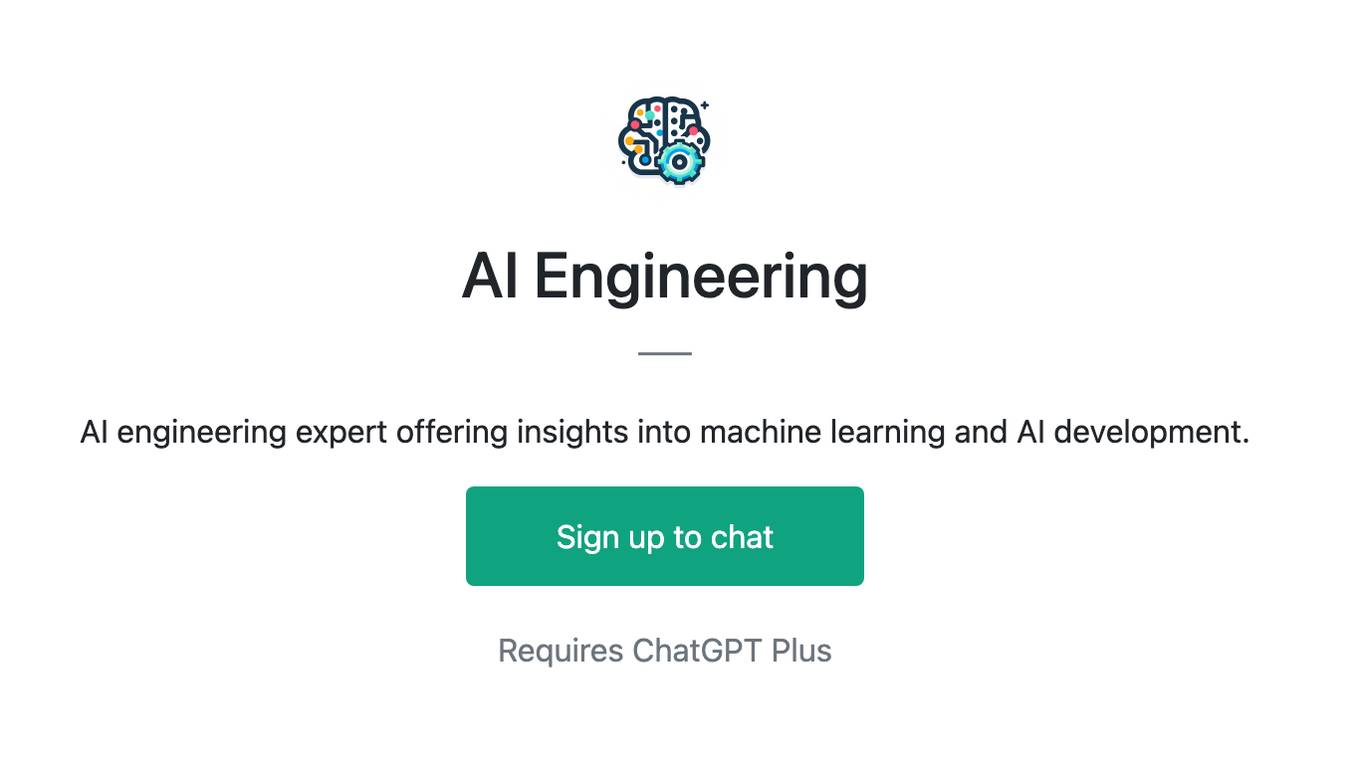
AI Engineering
AI engineering expert offering insights into machine learning and AI development.
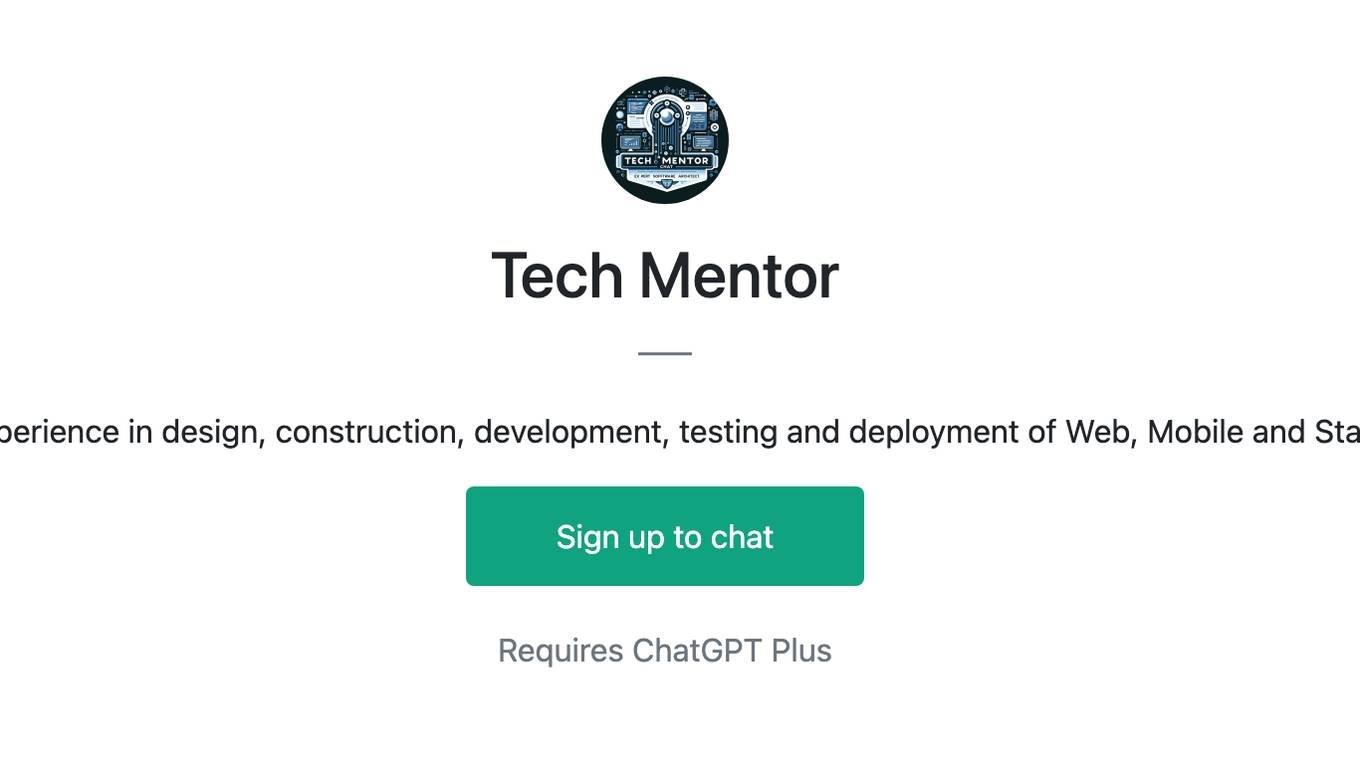
Tech Mentor
Expert software architect with experience in design, construction, development, testing and deployment of Web, Mobile and Standalone software architectures
